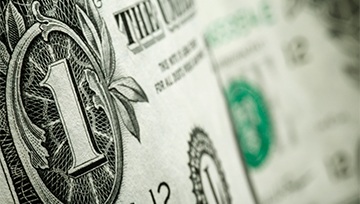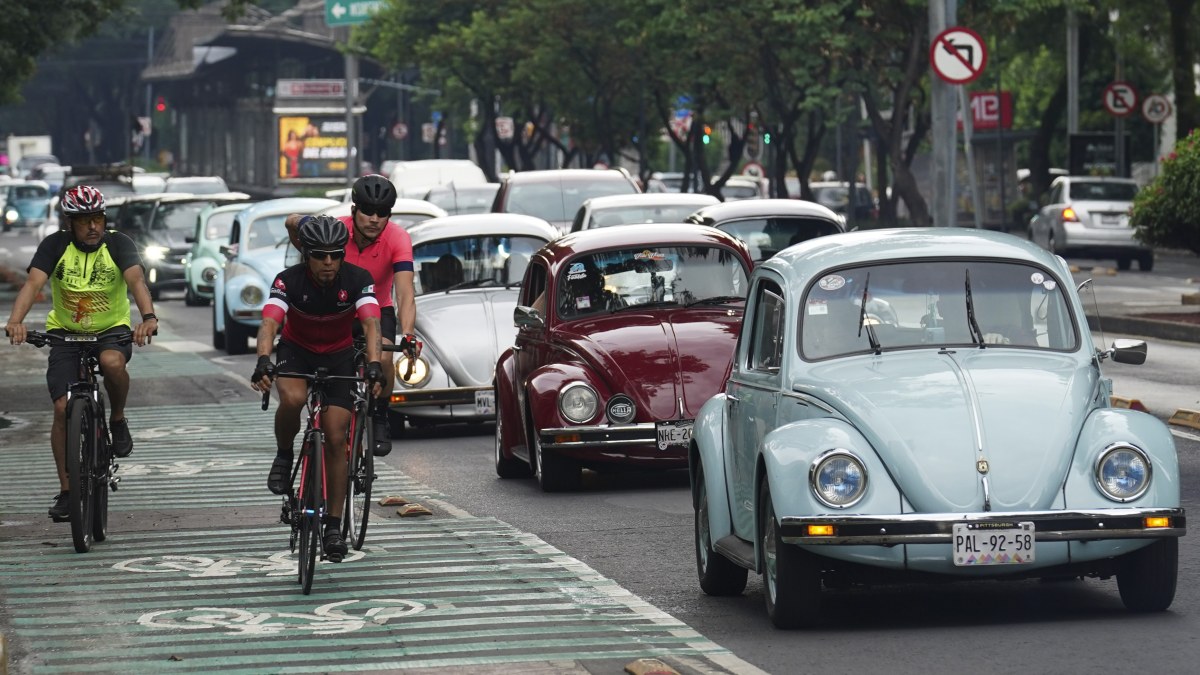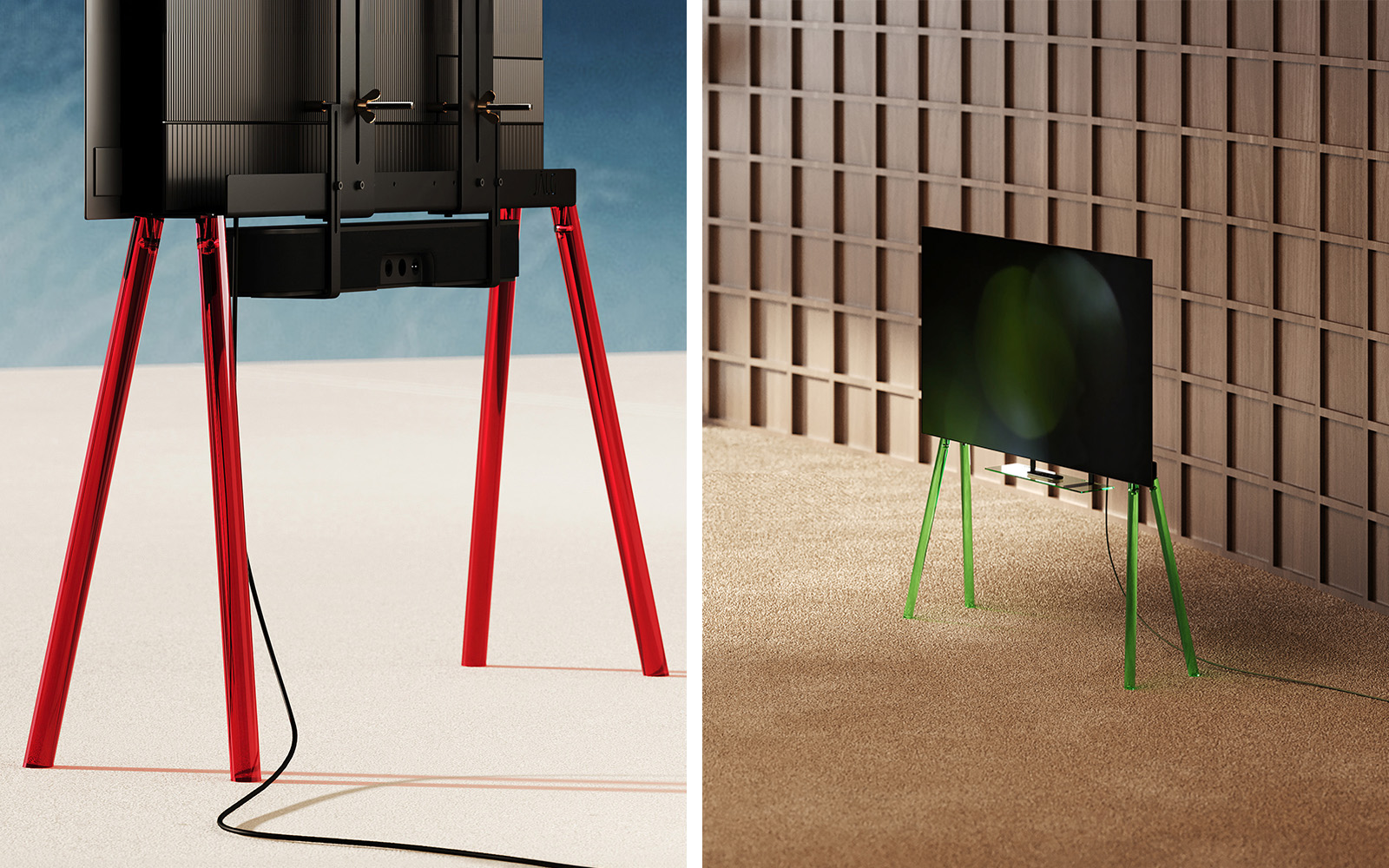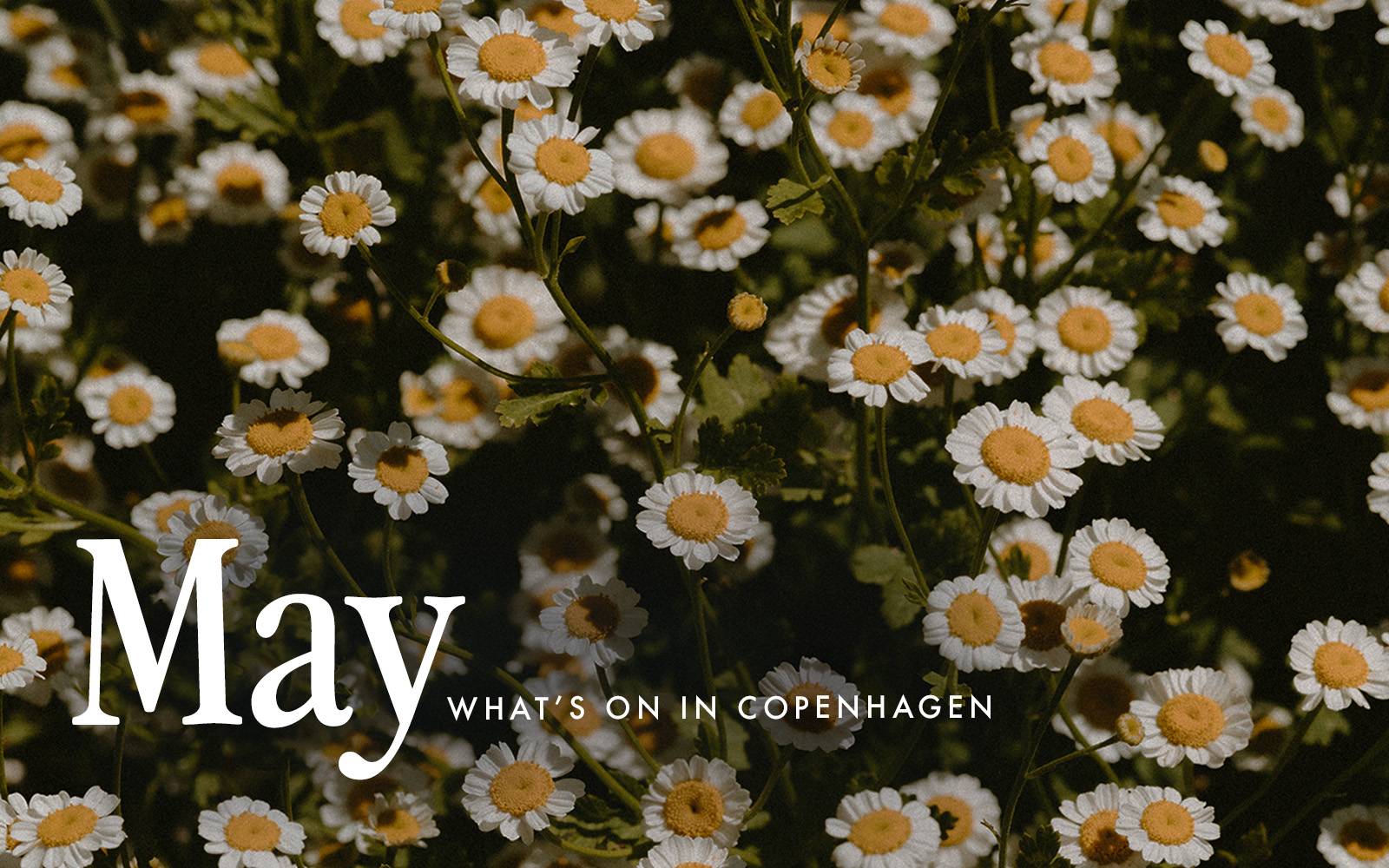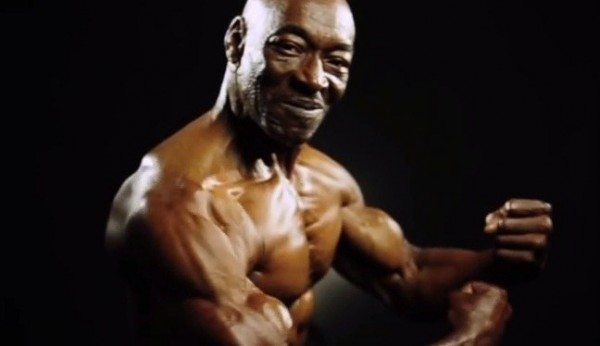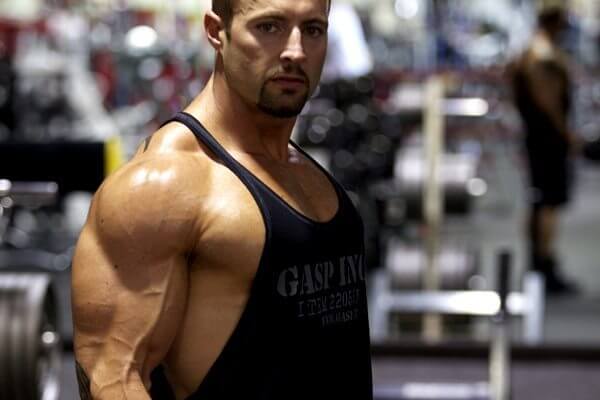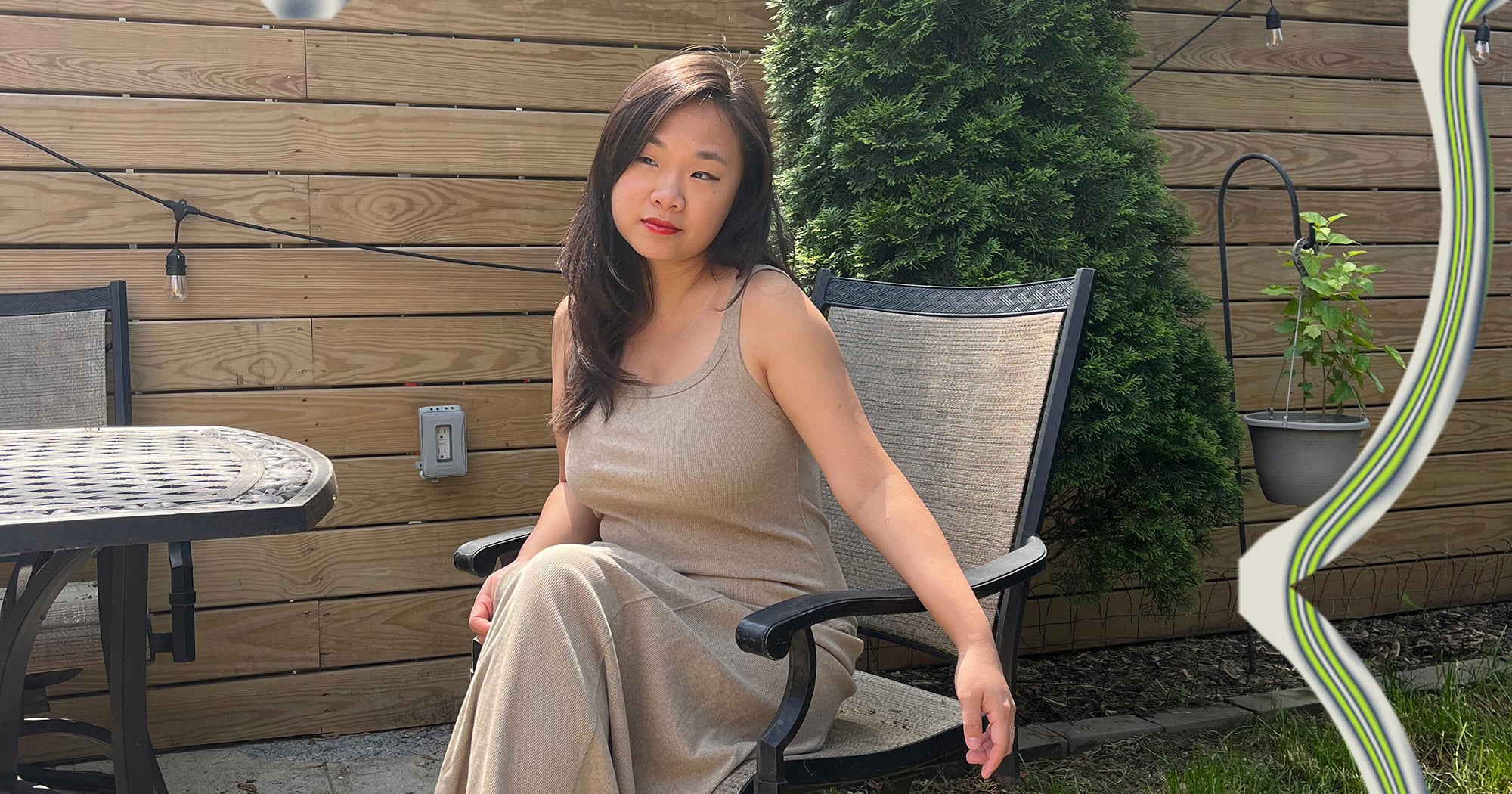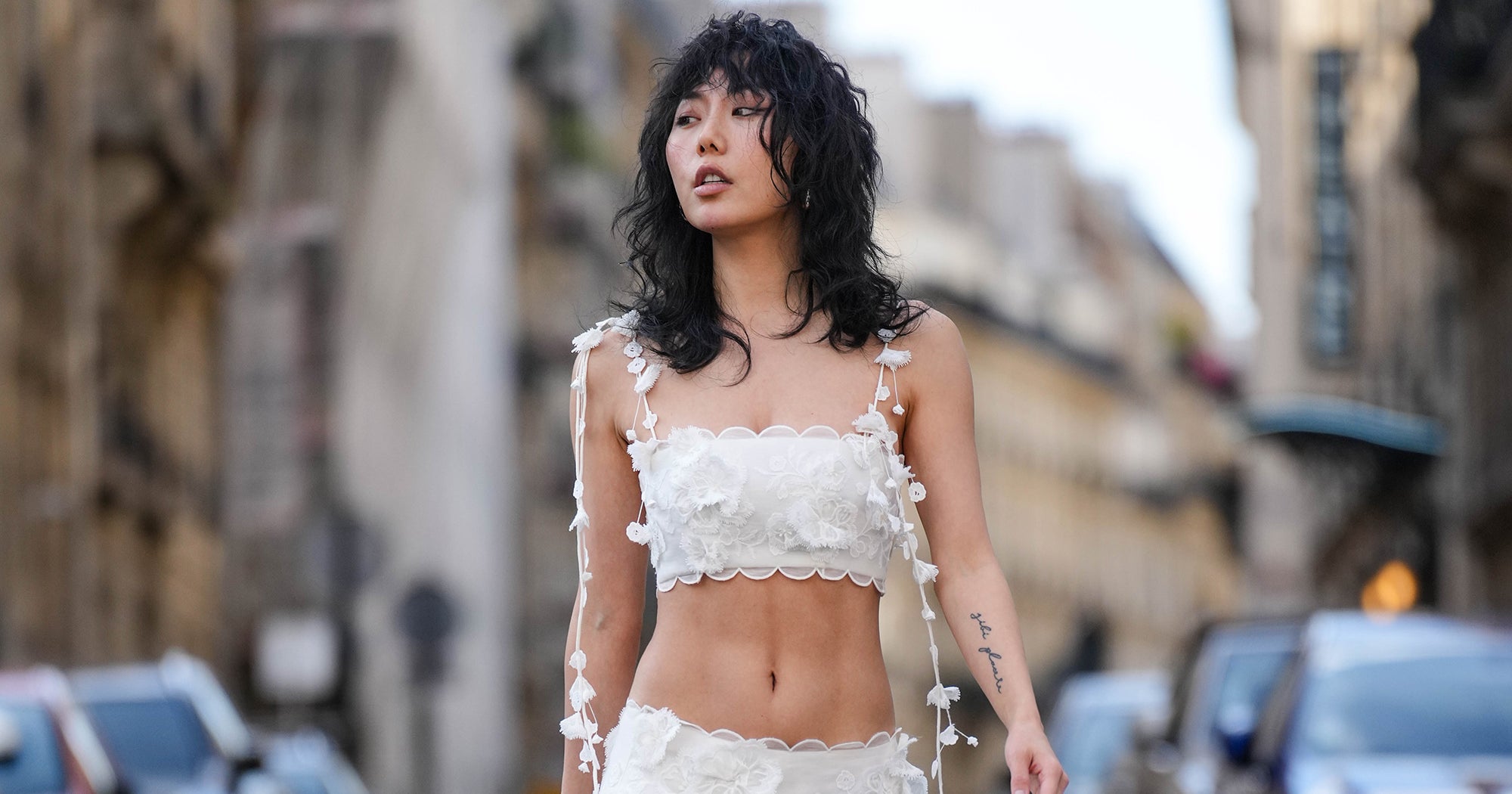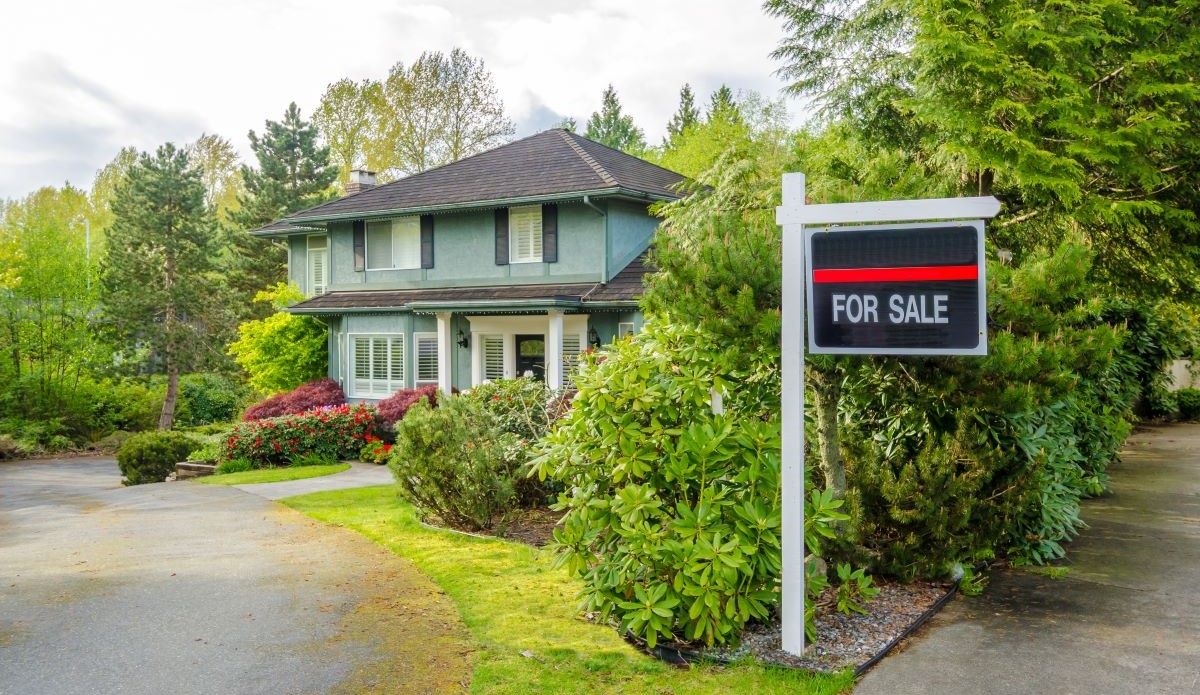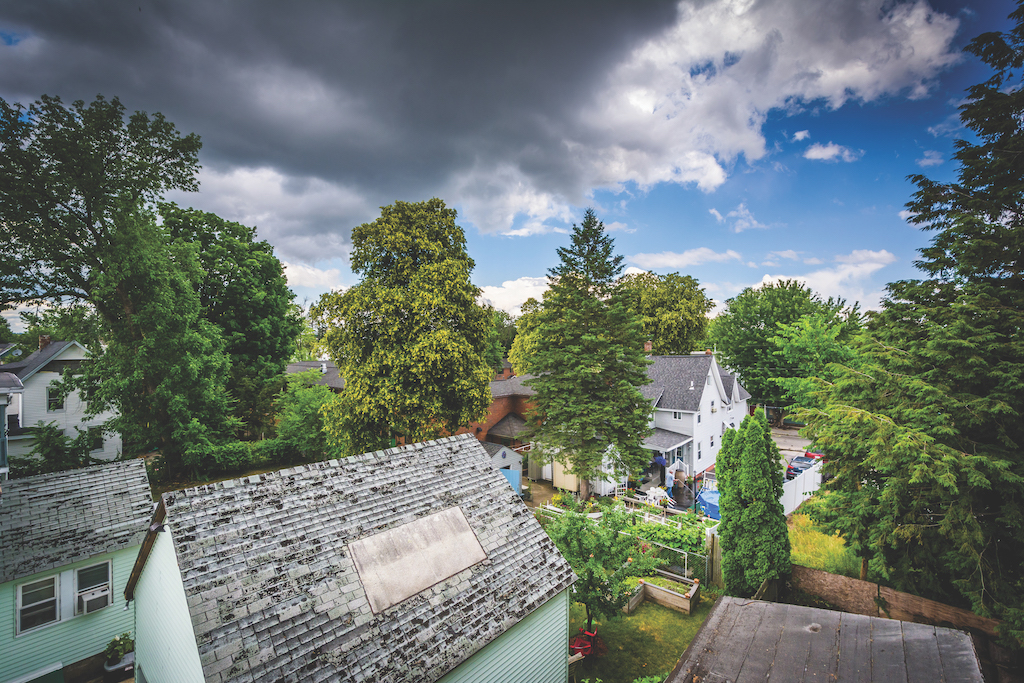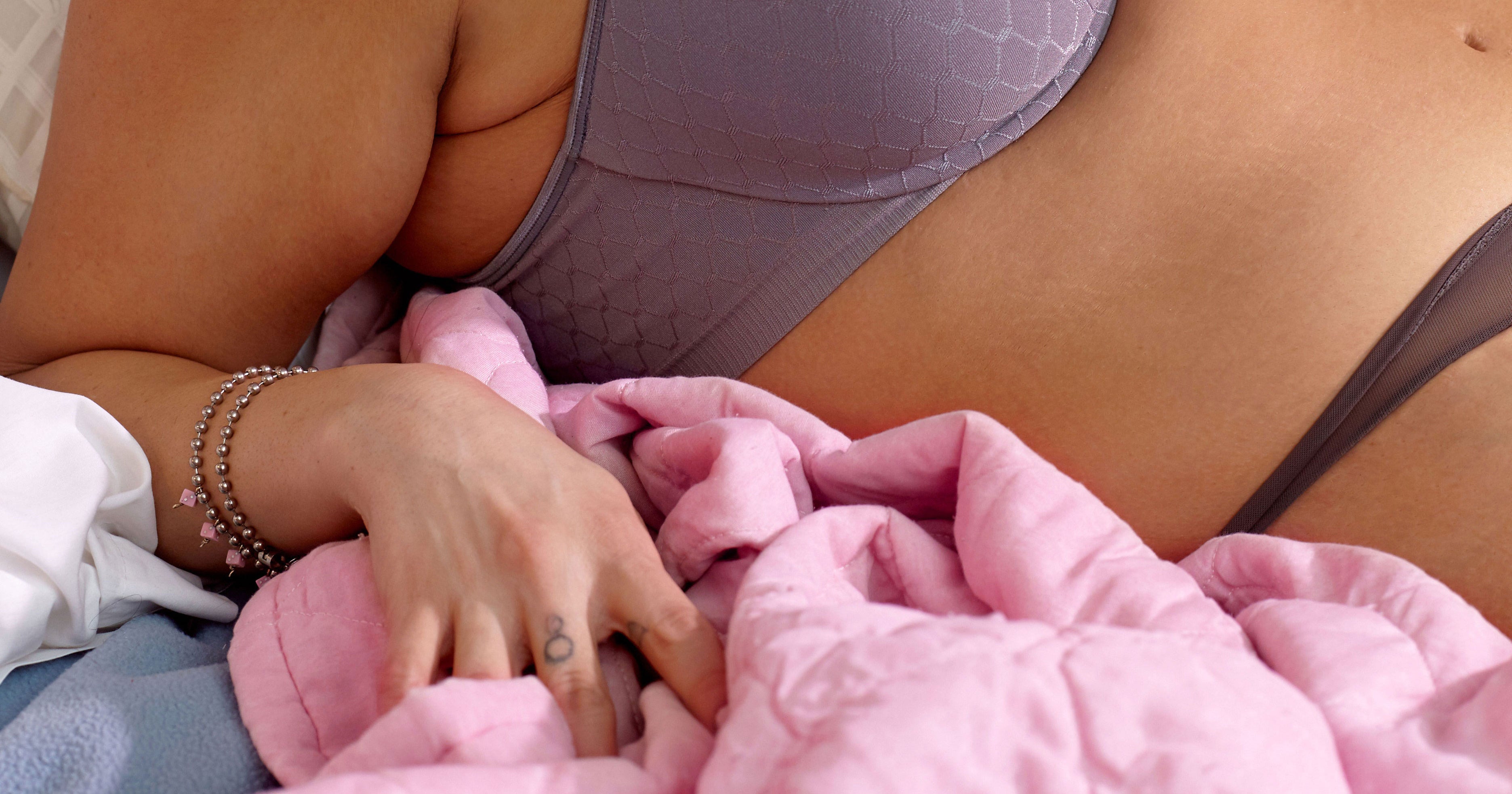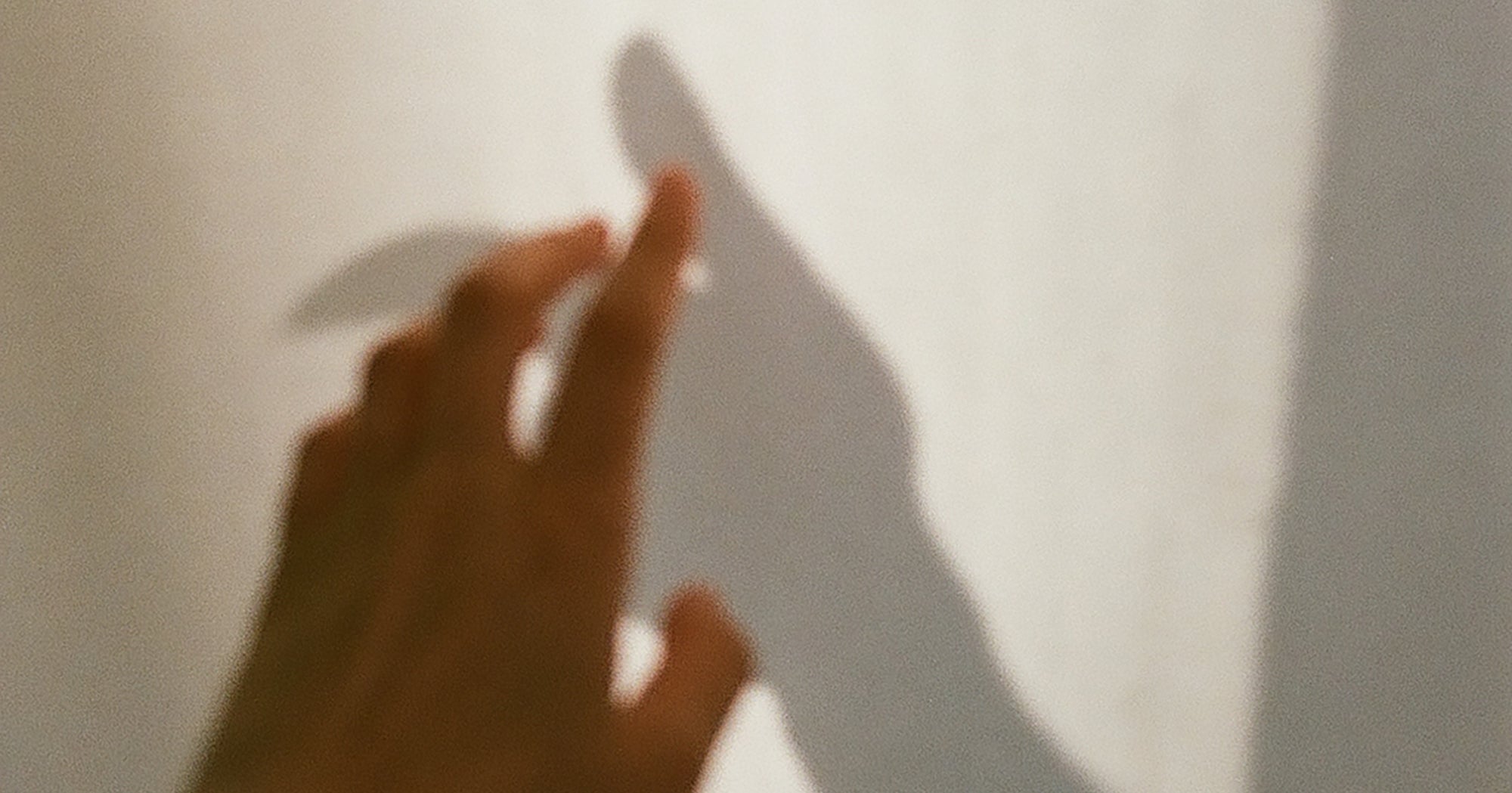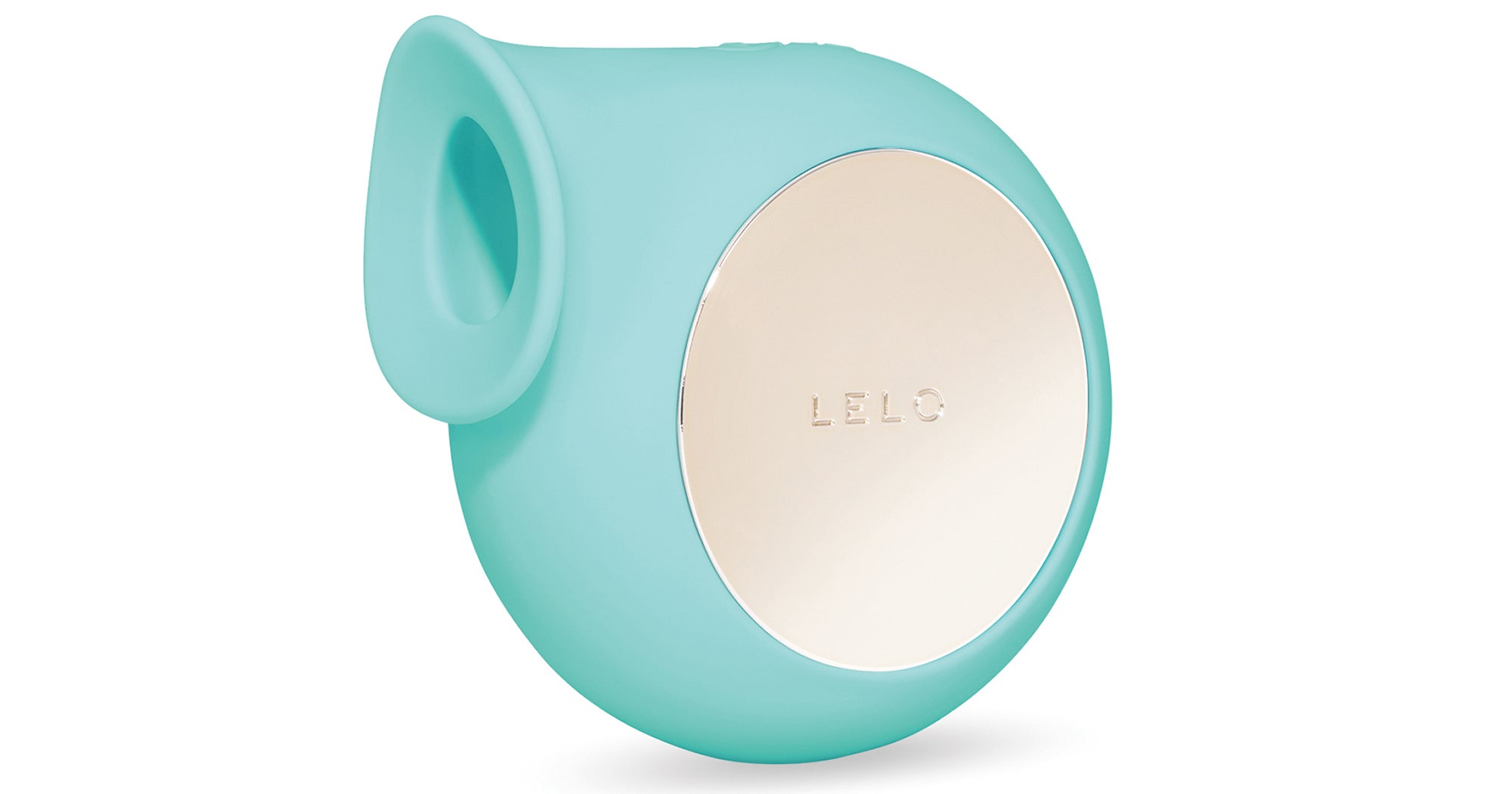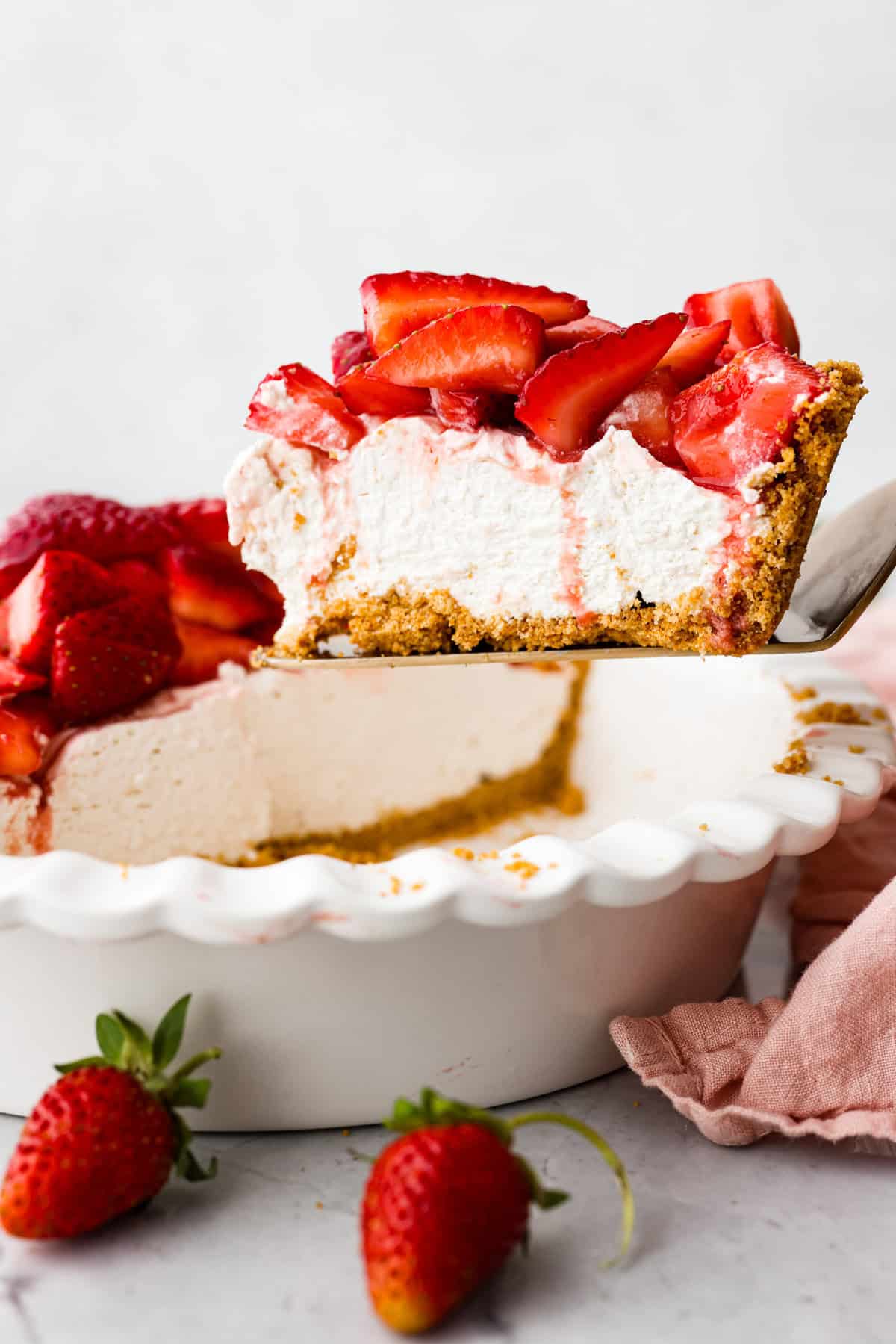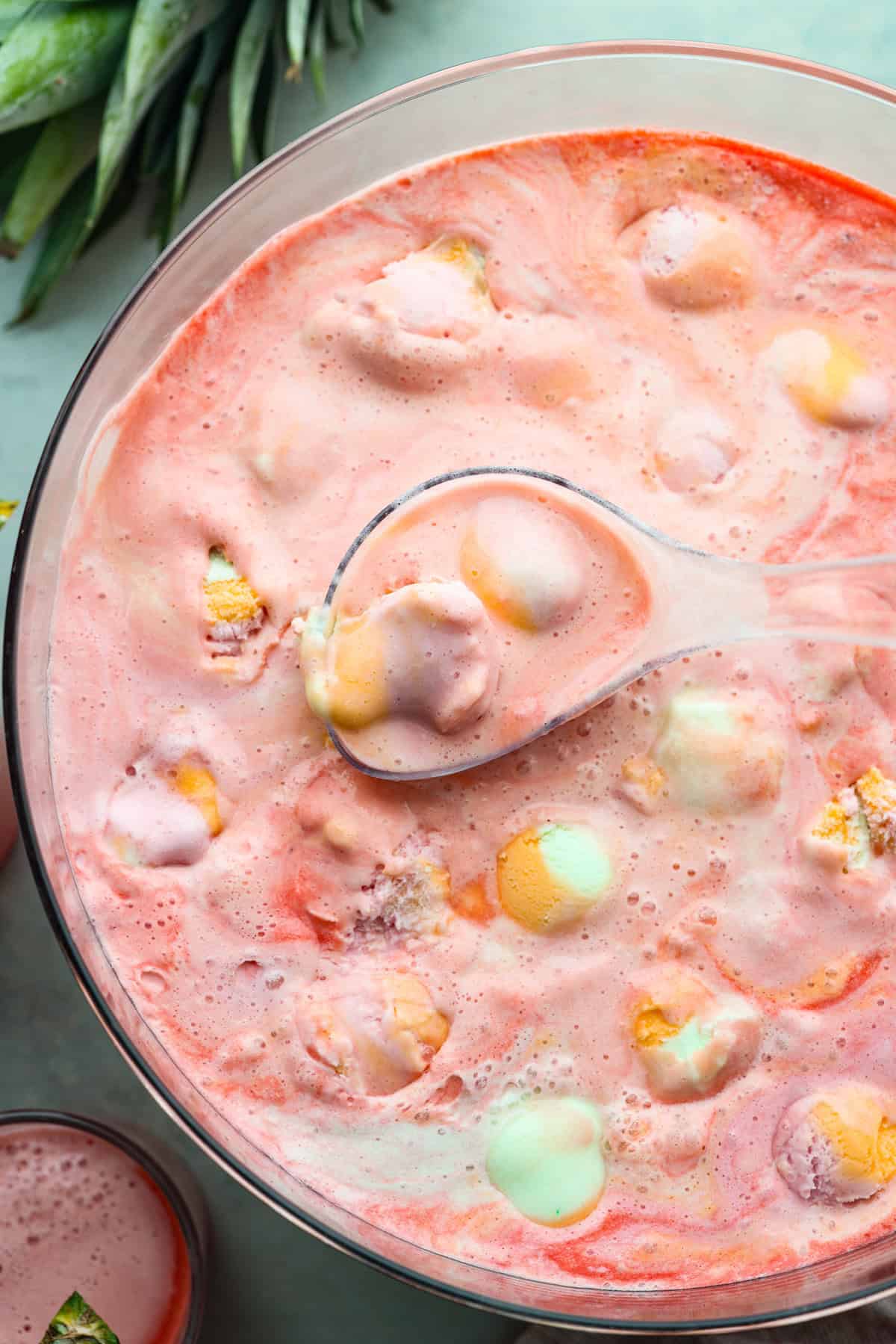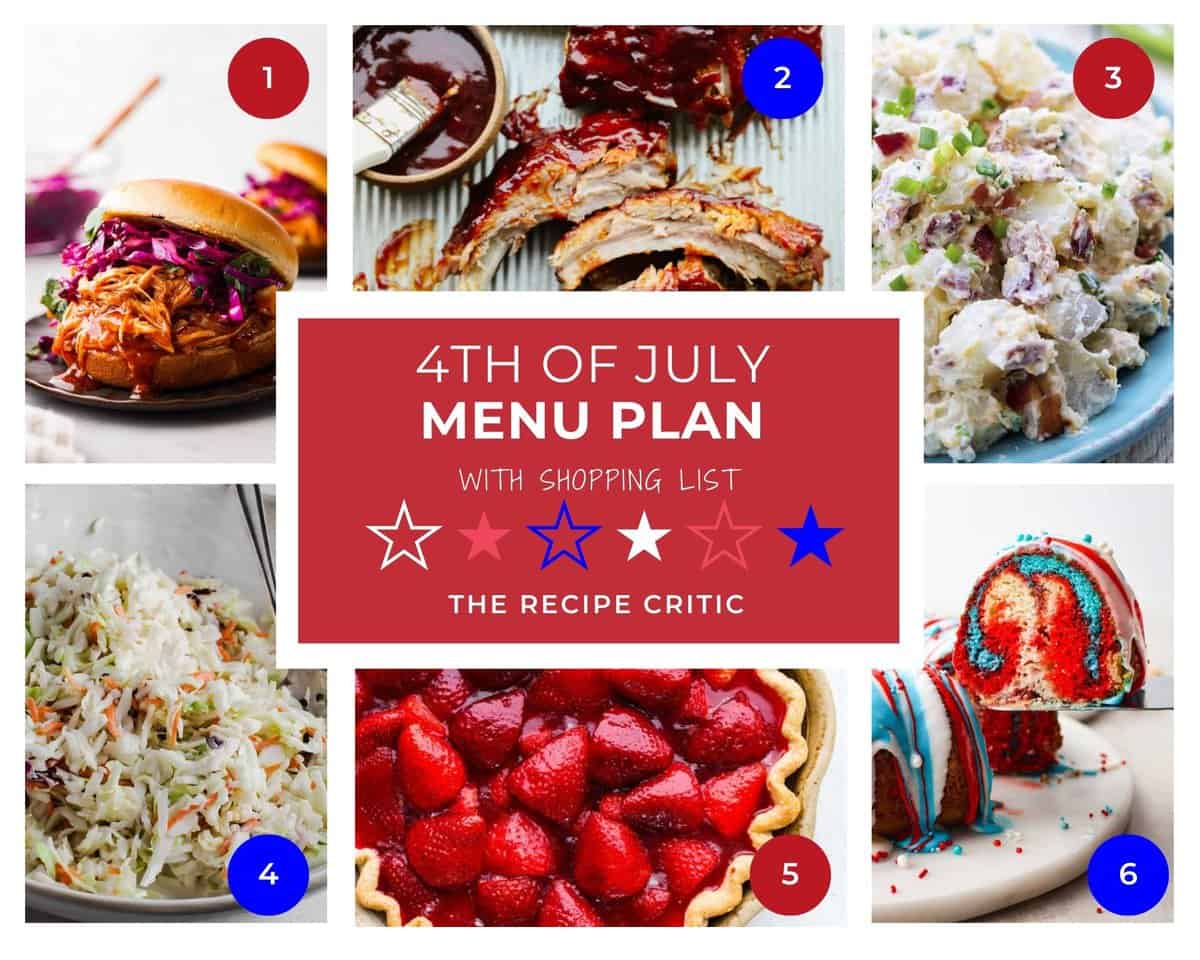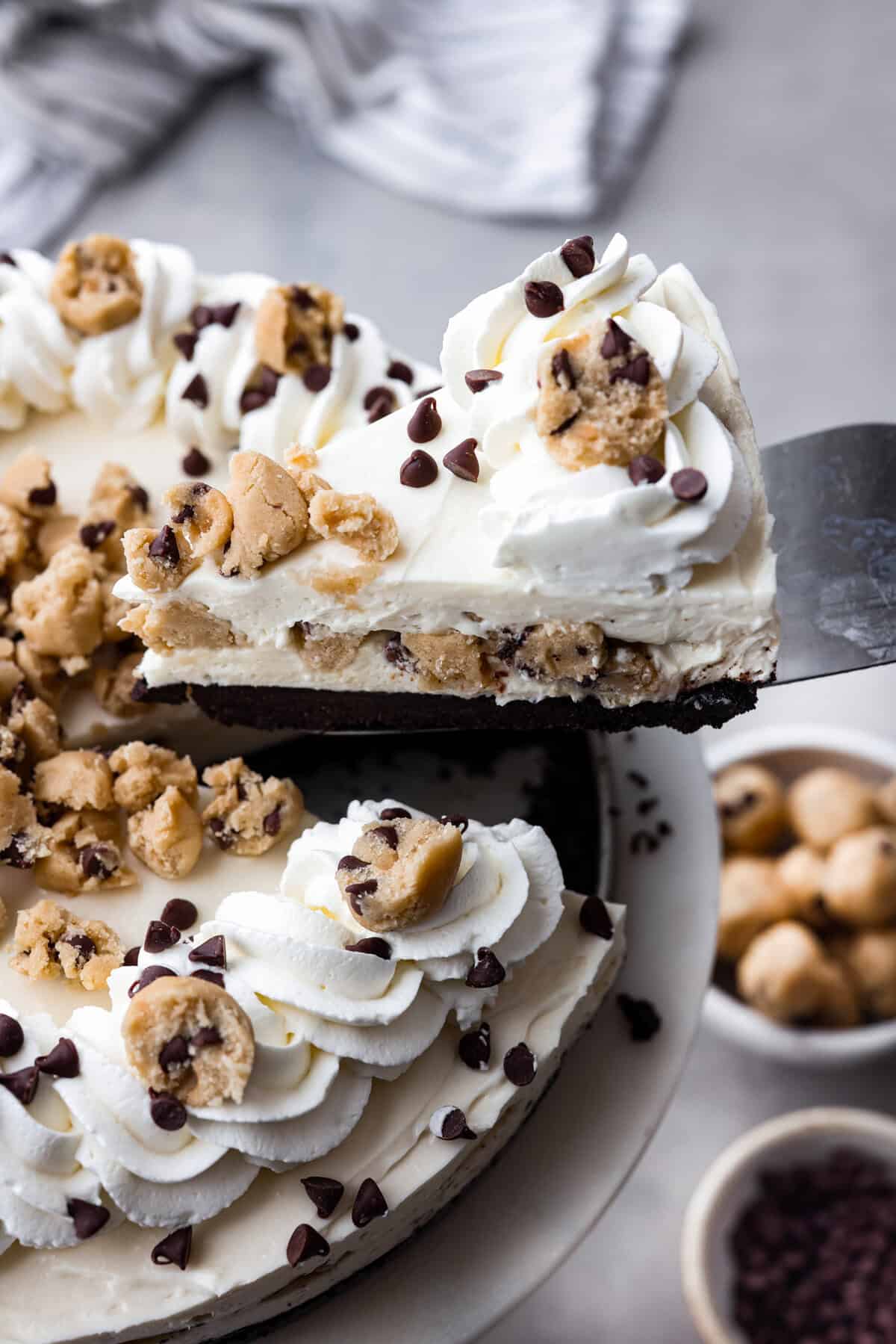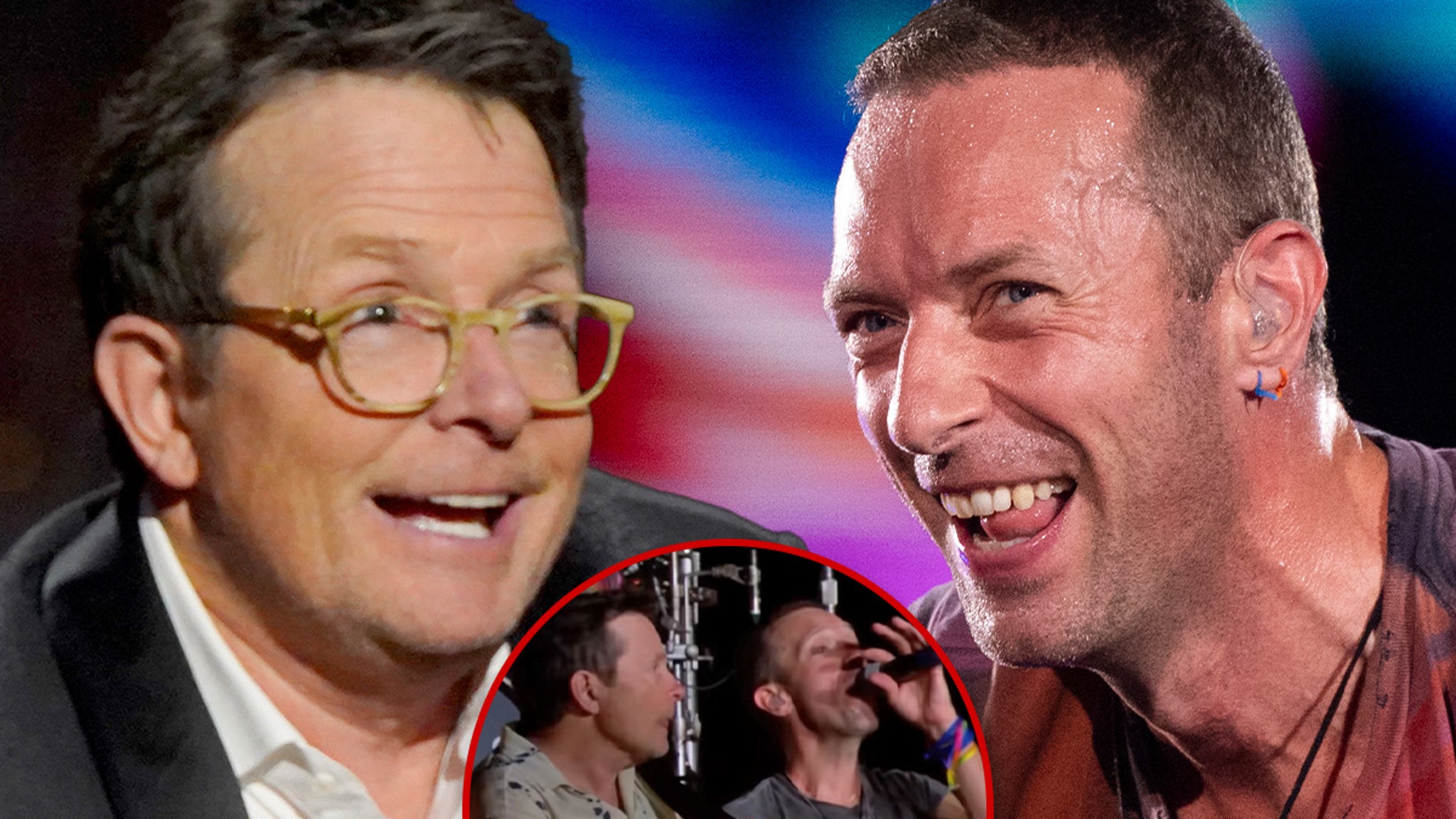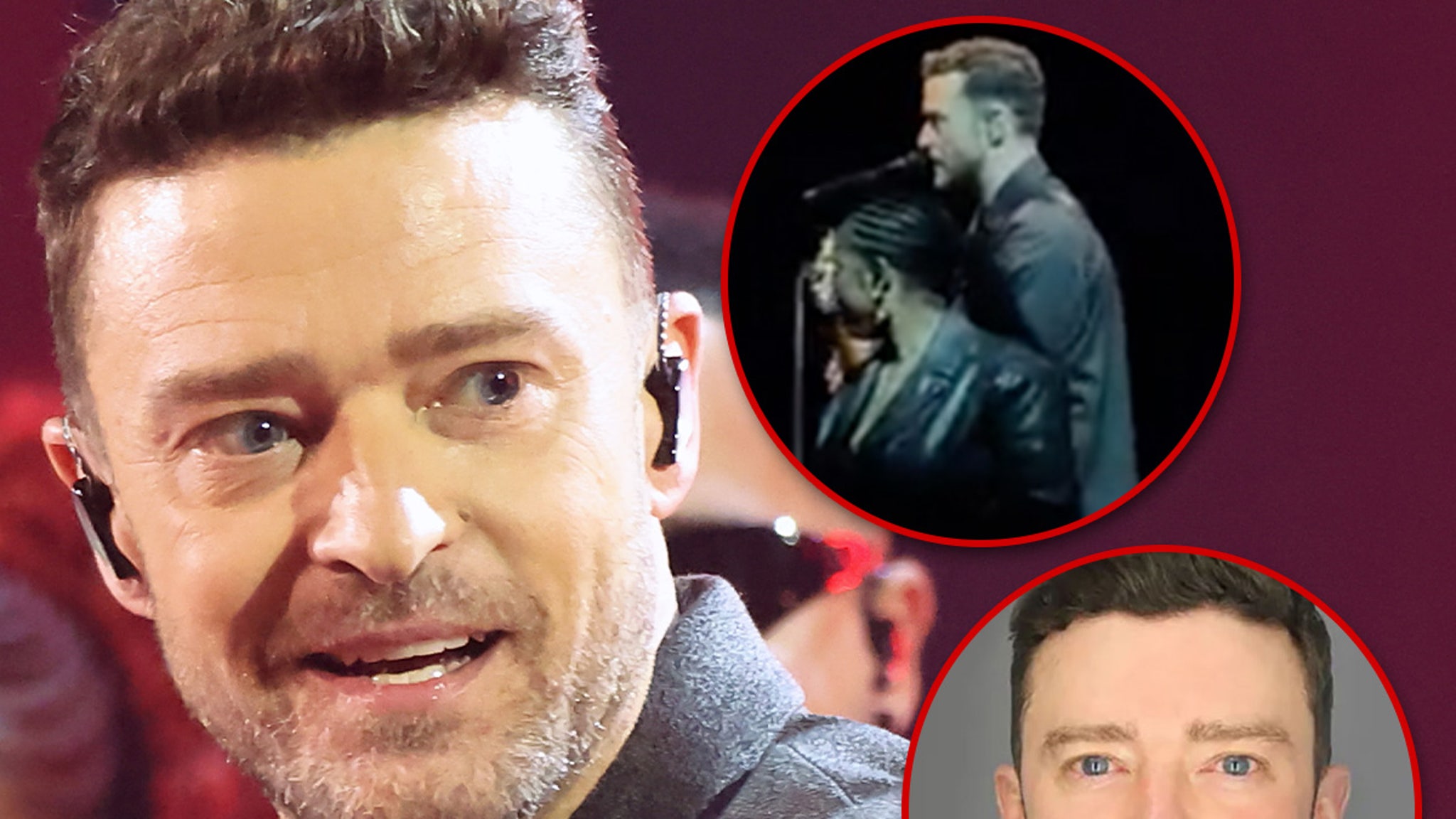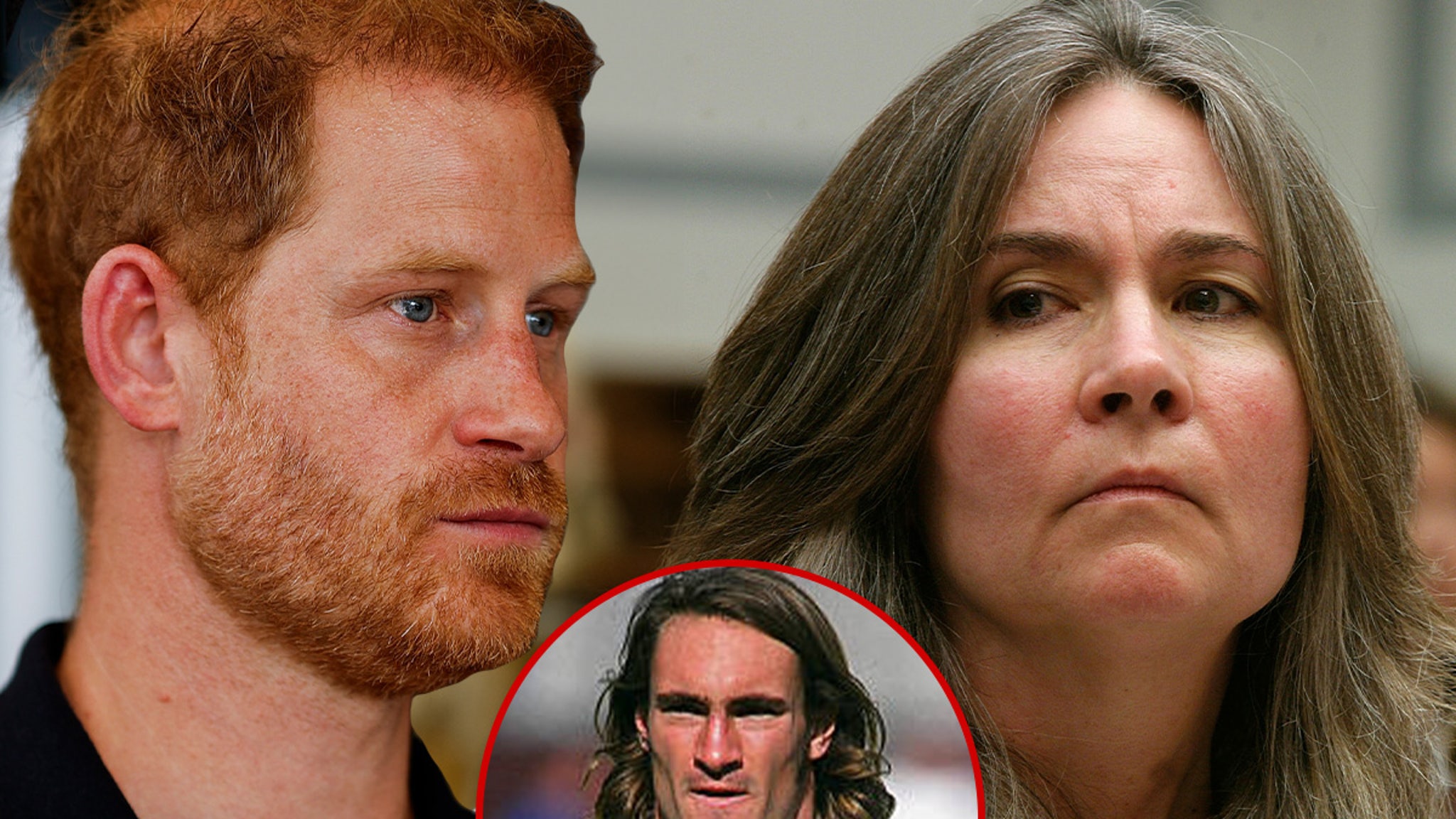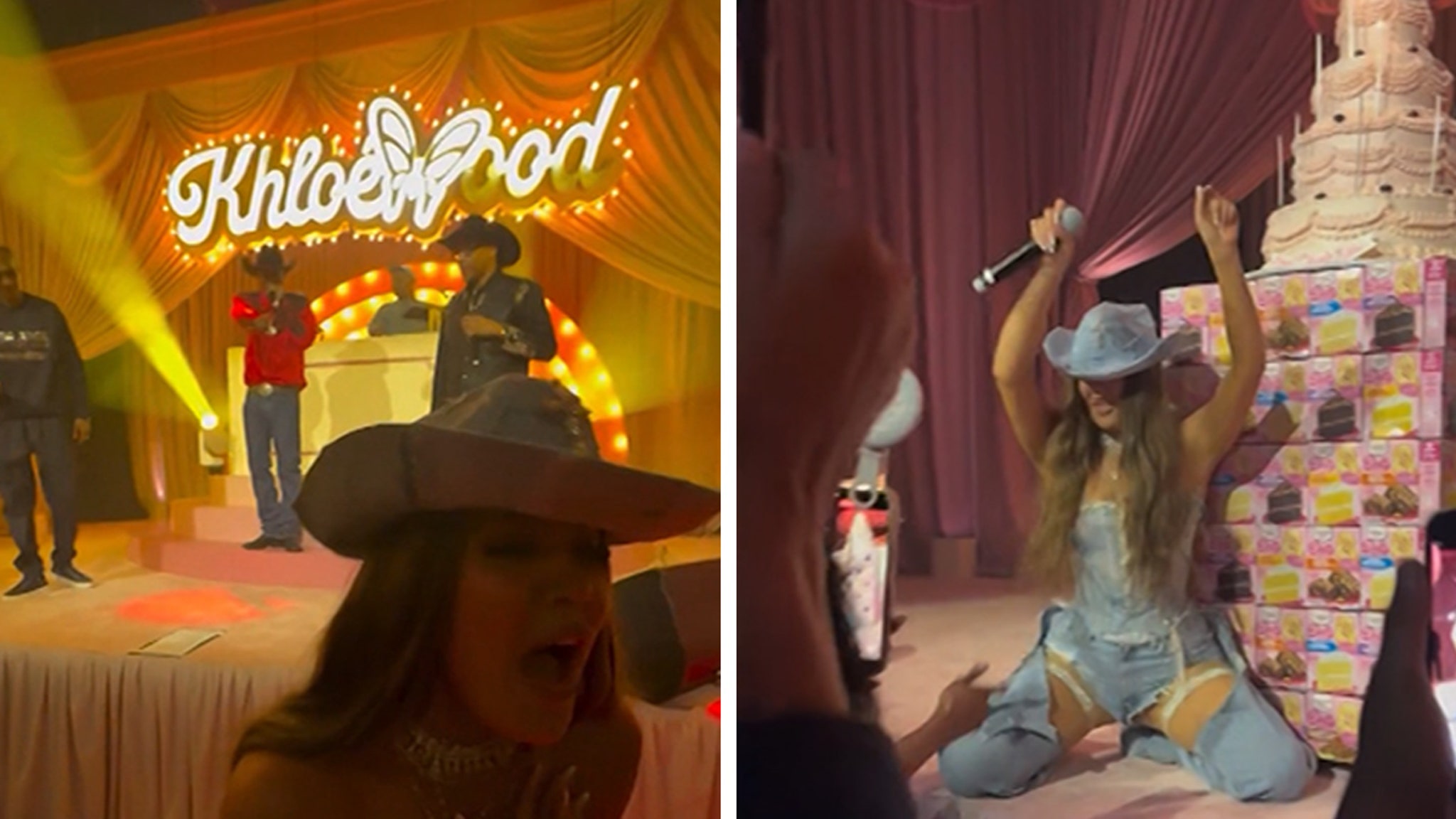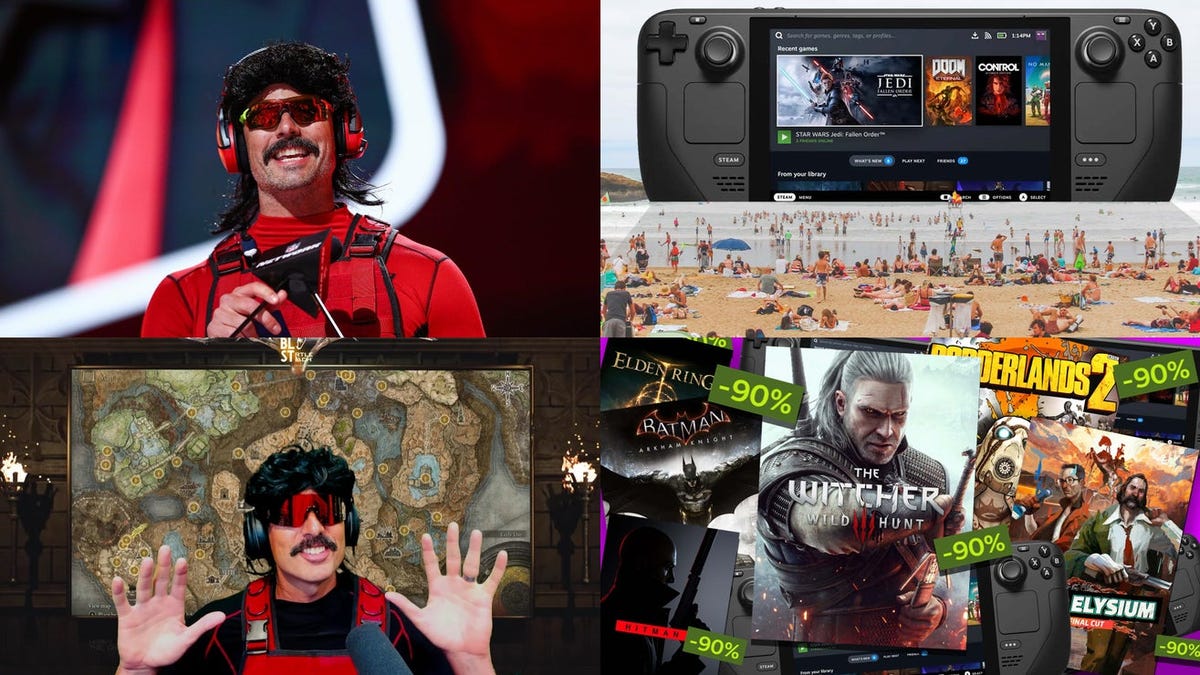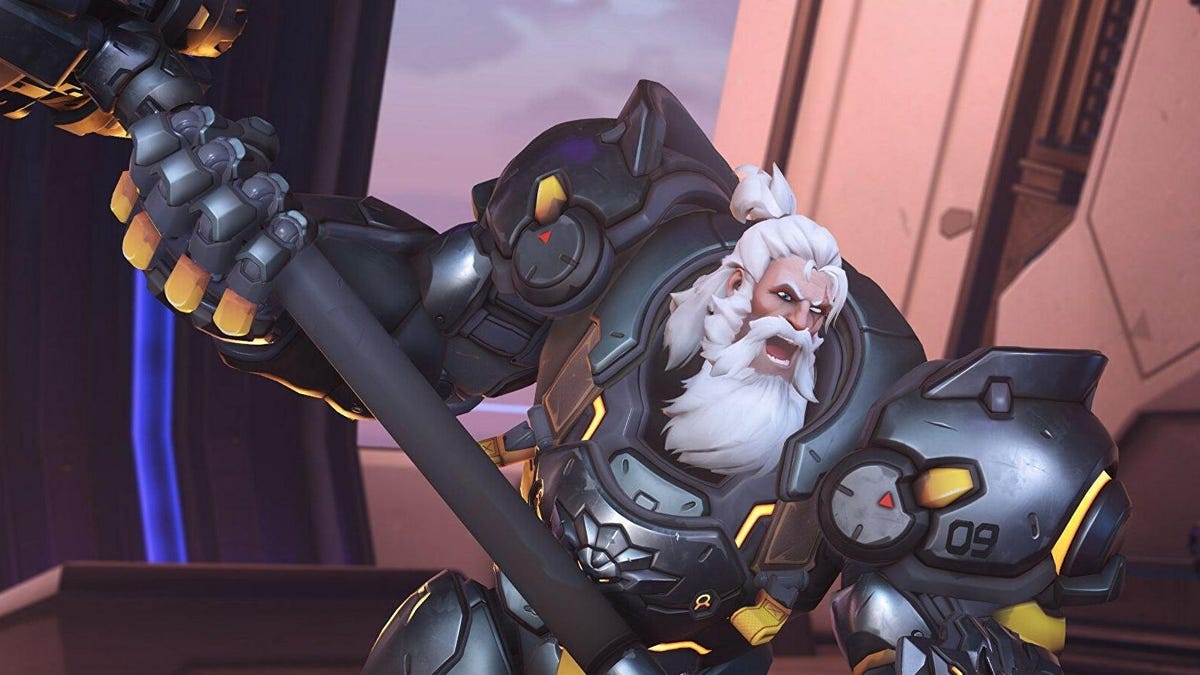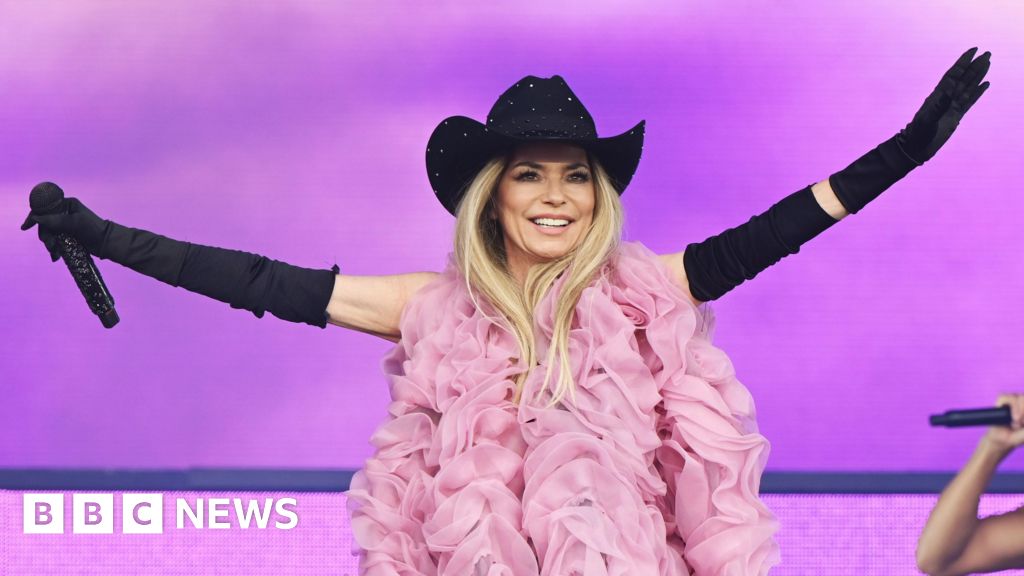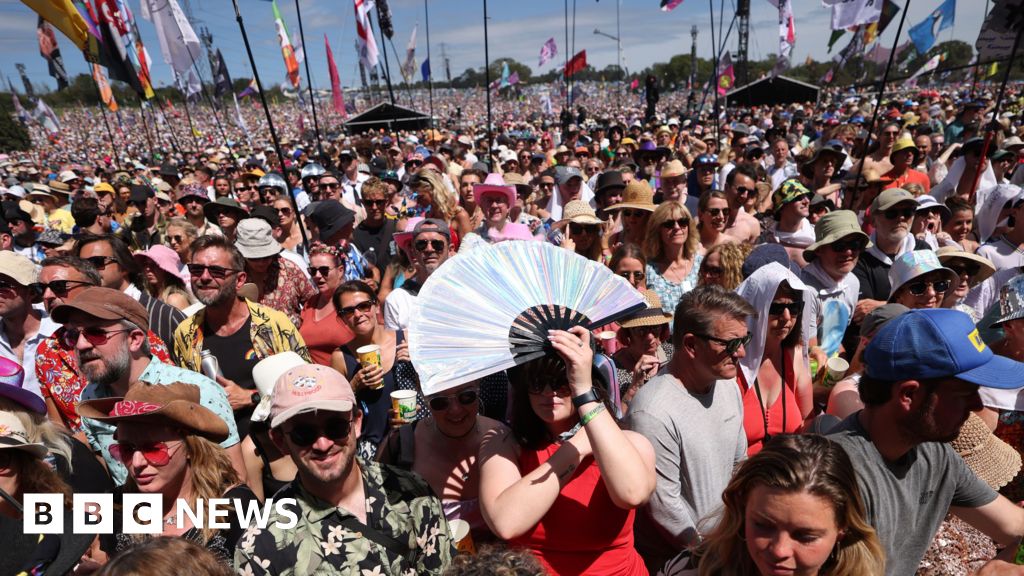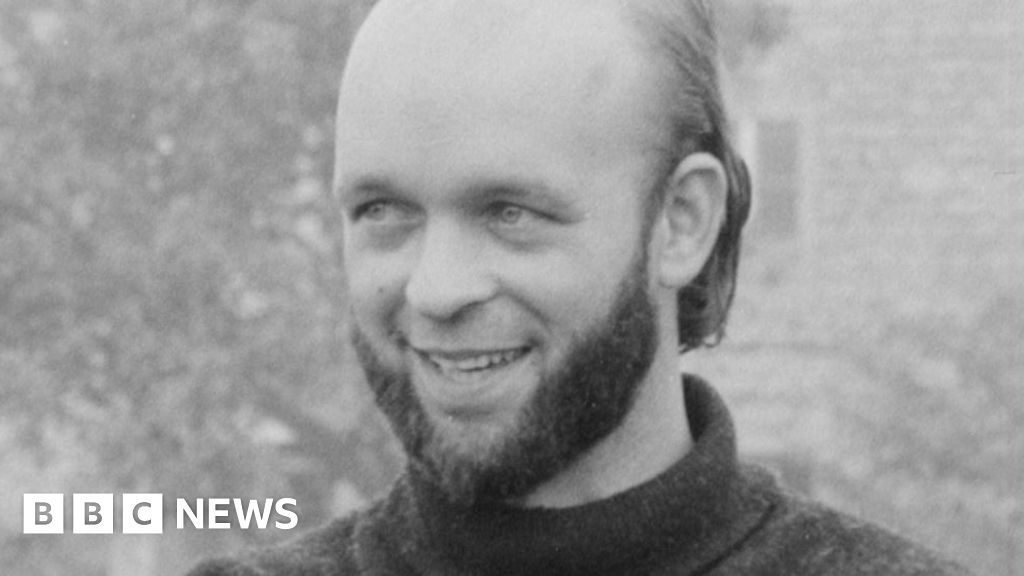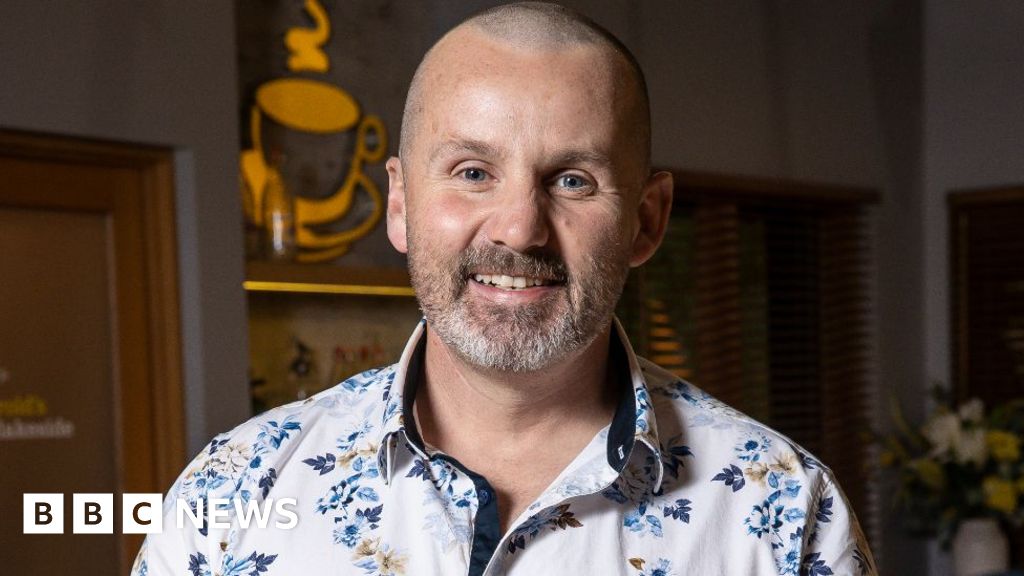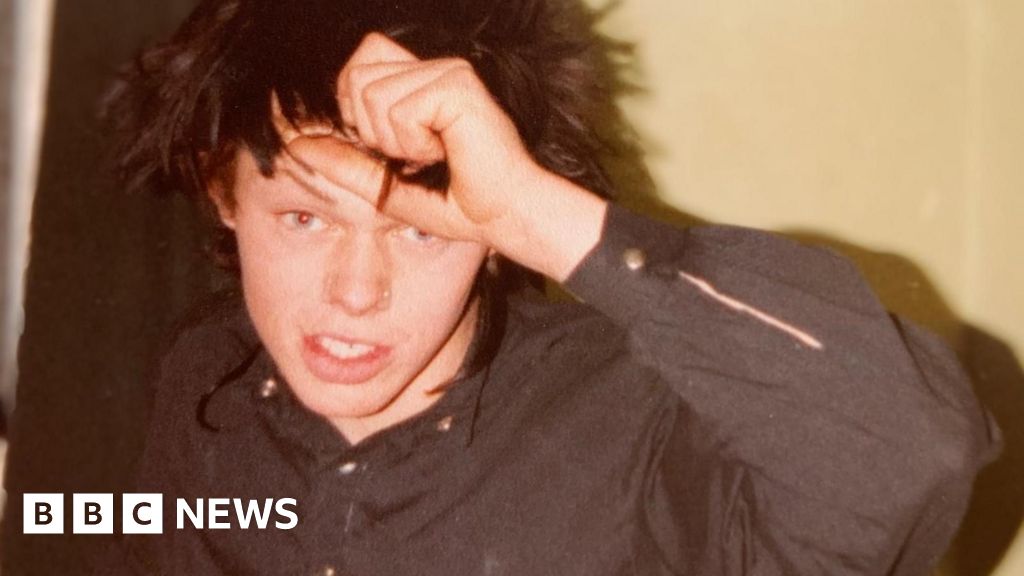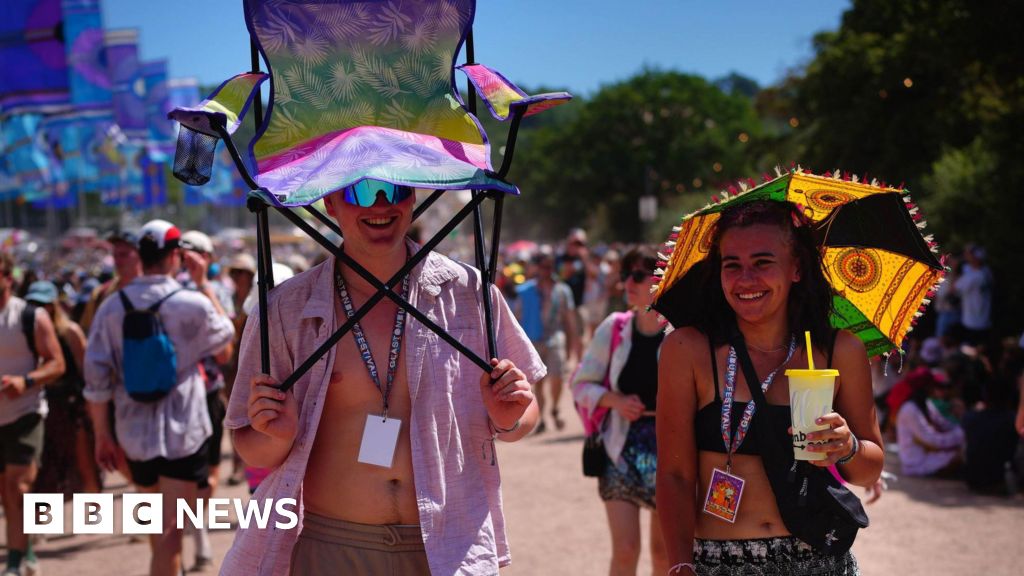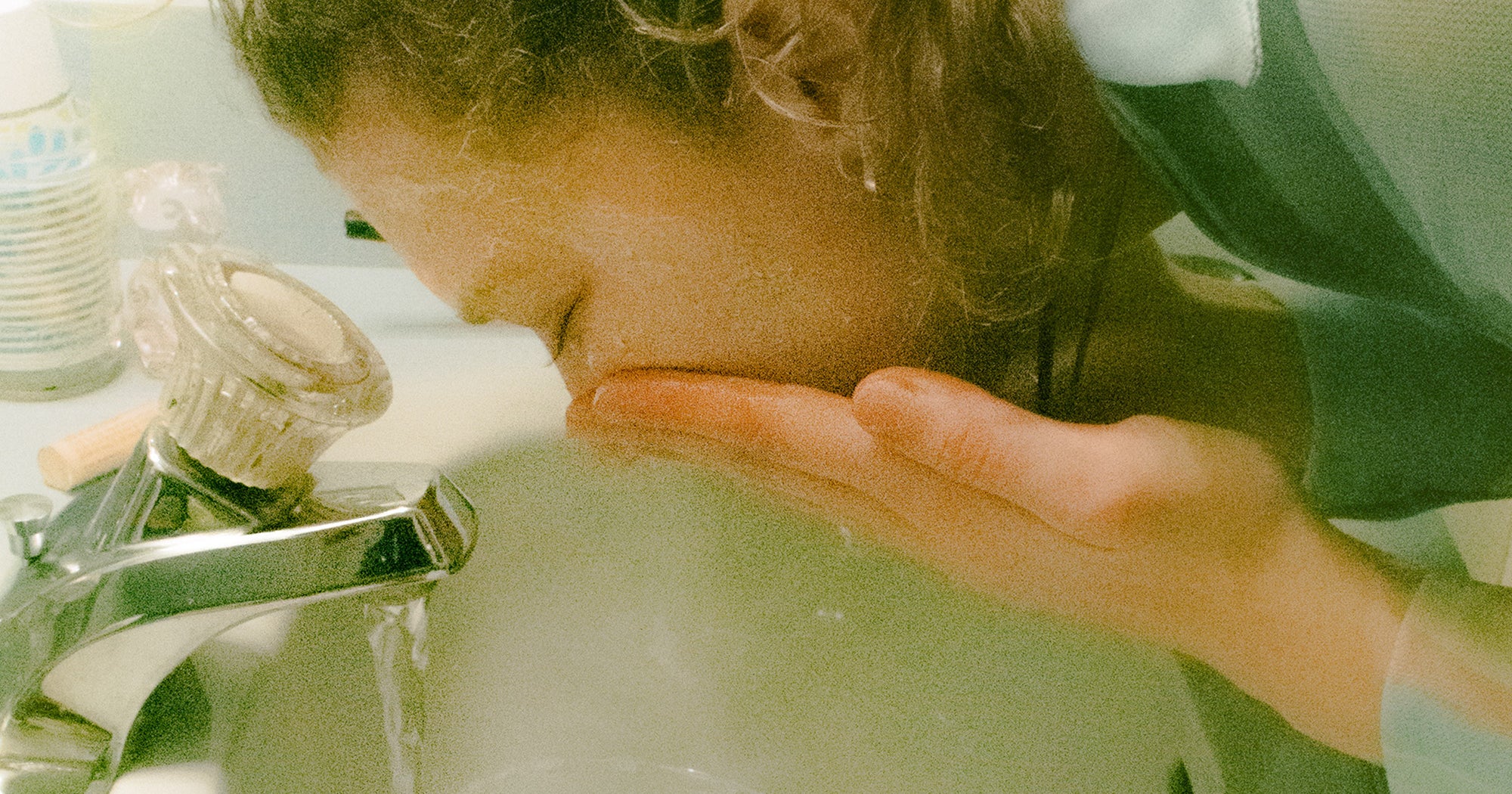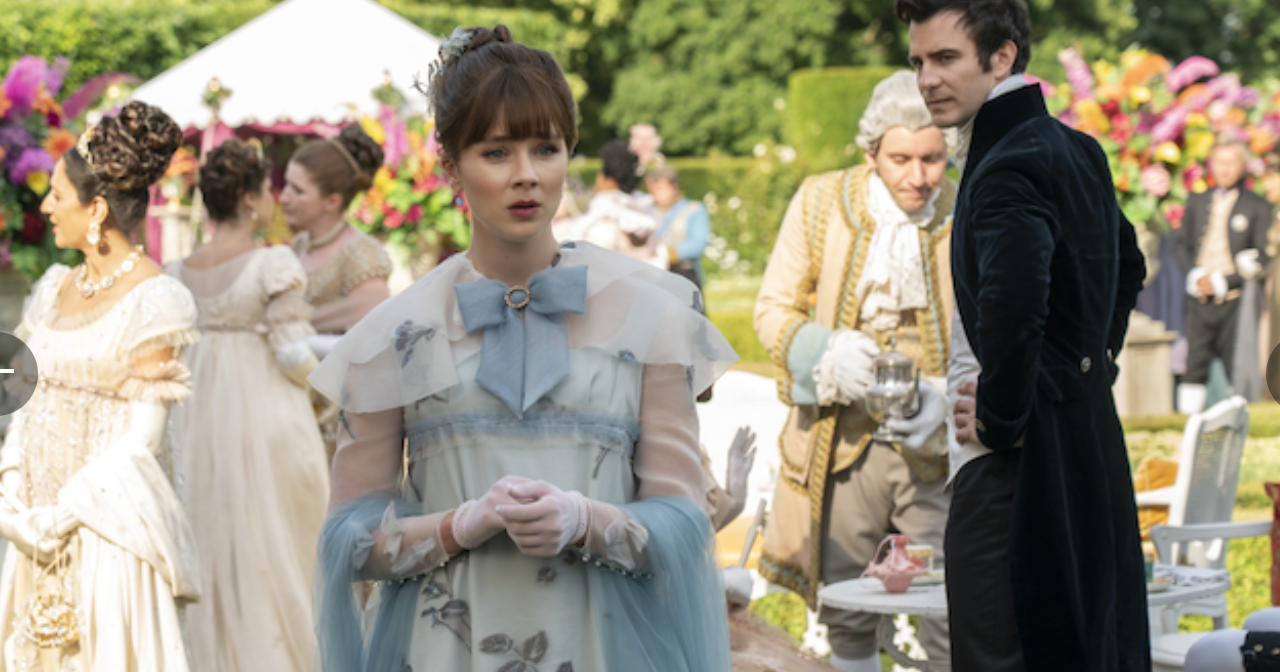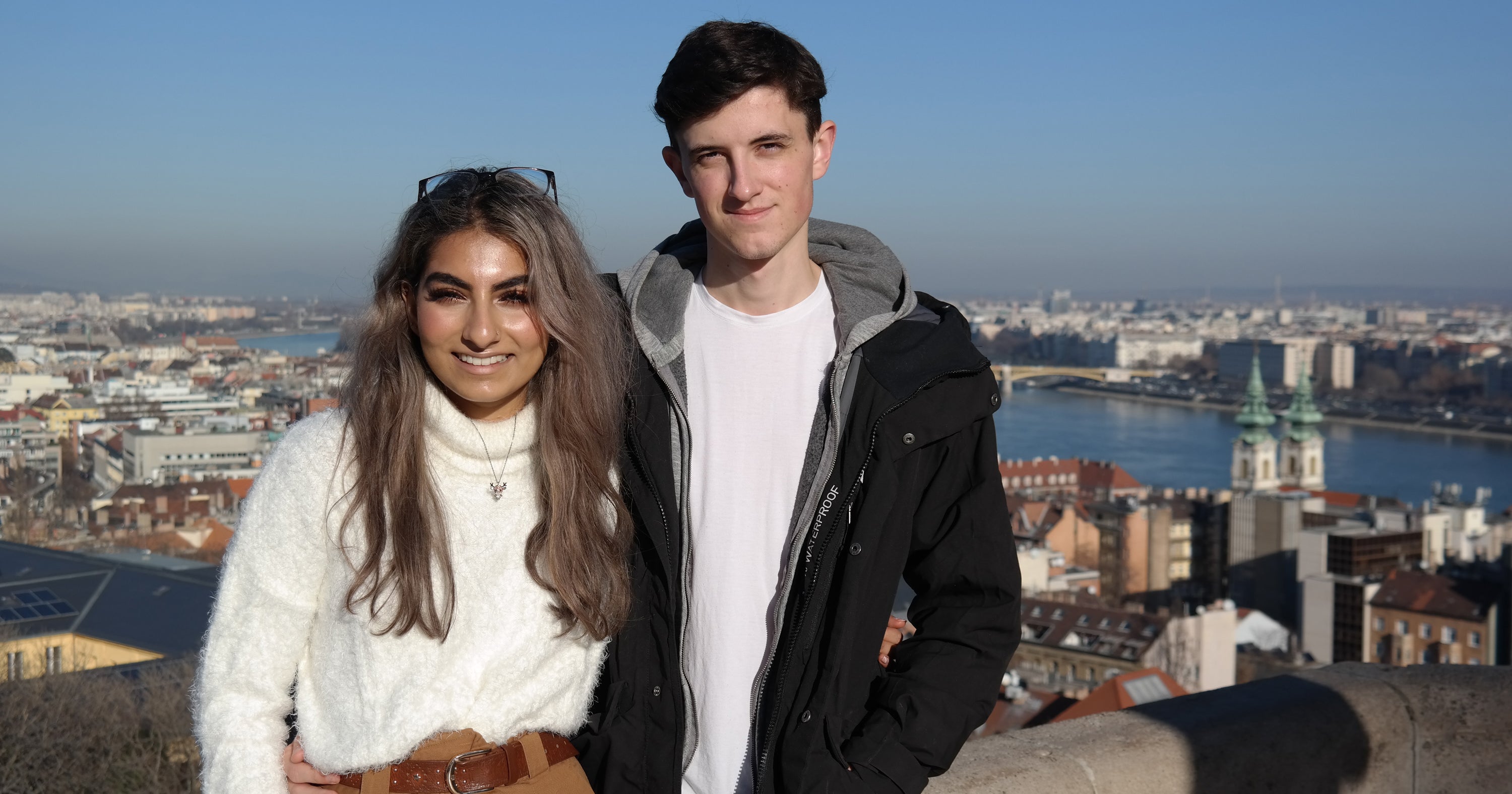Queenie Reminds Us That Black Women Have A “Right To Exist Messily”
Minor spoilers ahead. If you’ve read Candice Carty-Williams’ acclaimed novel Queenie, you know that its titular character Queenie Jenkins is a mess. Not in the aw-she-spilled-coffee-on-herself cute way that “messy” female characters in rom-coms tend to be. No, she’s a mess in the sleep-with-inappropriate-men-and-self-sabotage kind of way. In the Channel 4 and Hulu adaptation of the beloved (and much talked about) book, Dionne Brown plays the 25-year-old walking catastrophe with depth and intelligence, portraying the quiet storm of anxiety and self-doubt brewing behind every bad decision with emotional precision. This is a woman in the midst of a quarter-life crisis who has yet to confront the demons of her tumultuous childhood — all while going through a messy breakup, experiencing an unexpected miscarriage, and dealing with the structural frustrations of navigating a predominantly white workplace in London. It’s A LOT. Some of Queenie’s growing pains are hard — and frustrating — to watch, but they feel real, no matter how uncomfortable. Imagine there was a camera on all of your mid-twenties mistakes… “Leave her alone, because If we spill your tea, it would be real hot, and piping, and delicious for us to consume,” R&B star turned TV scenestealer, Bellah, tells me during a press trip put on by Onyx Collective which brought media and influencers from around the world together in South London for a couple of incredible days immersed in Queenie’s world. Bellah plays Queenie’s ride-or-die Kyazike and her passionate defence of the character (who has faced criticism and an onslaught of discourse since the book was released in 2019) is spoken like a true best friend. “Shut up, go outside, touch grass, let her do her thing. It’s okay to be messy. She’ll get it together. And even if she doesn’t, mind your business.” Bellah’s no-bullshit, hilarious delivery in person is similar to that of her character who, at every wrong turn, is there trying to steer Queenie back to her path — or enabling her to keep going sideways, like a proper friend. Kyazike playfully ribs Queenie about her interest in white men (she refers to her ex Tom as her “mayo mister” and a “parchment paper Papi”) and is the only person in her life who points out how destructive her seeking validation in white men really is, but she’s also the person who is ready to pick up the pieces when things go really left. Leave [Queenie] alone, because If we spill your tea, it would be real hot, and piping, and delicious for us to consume.bellah in defence of queenie jenkins It’s in this sisterhood where Queenie, the series, really shines. Queenie’s group chat, dubbed “The Corgis” is where she dumps all her problems and their reactions mirror that of the audience – there are times when you want to hug the character, and times when you want to yell at her that she’s fucking up. Hard. I got to spend a few days with a group of other journalists, media folks, and influencers (the trip kicked off with a Queenie-inspired slumber party) and as we discussed the series in between various activities in London, it was clear that all of us could relate in some way to Queenie’s struggle. We even did a TikTok about each of our quarter life crises that had commenters sharing they felt seen and heard by the discussion of the struggle your twenties can bring, especially coming from Black women. I anticipate that reactions to the show are going to be strong — people want complicated Black female characters until they actually get them — but one thing you can’t deny is that Queenie stands apart as a young Black woman who is constantly failing and fumbling through life while working through trauma, something we still too rarely see on TV. Love her or hate her, Queenie exists in all her fledgling glory. She’s not excellent (yet) or invincible (despite what her recklessness may suggest) or particularly strong (it’s all a front) and yet, she is a Black woman character on TV. What a concept. It might be tough to watch someone you are rooting for get treated poorly by men – white men at that – over and over, but that’s, unfortunately, the reality Queenie has created because it’s what she thinks she deserves. Add daddy issues on top of that, and it’s a recipe for disaster. From rock bottom is where Queenie rebuilds herself and finds love — Black love at that – but the journey to get there is uncomfortable. As Brown put it during one of the panel discussions during the press trip, “Bad choices make good stories.” Carty-Williams, who birthed Queenie but also views her as “a little sister at this point,” is also prepared to defend her character. “She’s 25. She’s just someone who is surviving, so give her grace or don’t. But she’s still gonna be here because she exists in all of us,” Carty-Williams said. “In talking about [the show] and what people think about it, it’s interesting that no one ever questions what the men are doing. They always question Queenie. I’m like,

Minor spoilers ahead. If you’ve read Candice Carty-Williams’ acclaimed novel Queenie, you know that its titular character Queenie Jenkins is a mess. Not in the aw-she-spilled-coffee-on-herself cute way that “messy” female characters in rom-coms tend to be. No, she’s a mess in the sleep-with-inappropriate-men-and-self-sabotage kind of way. In the Channel 4 and Hulu adaptation of the beloved (and much talked about) book, Dionne Brown plays the 25-year-old walking catastrophe with depth and intelligence, portraying the quiet storm of anxiety and self-doubt brewing behind every bad decision with emotional precision. This is a woman in the midst of a quarter-life crisis who has yet to confront the demons of her tumultuous childhood — all while going through a messy breakup, experiencing an unexpected miscarriage, and dealing with the structural frustrations of navigating a predominantly white workplace in London. It’s A LOT. Some of Queenie’s growing pains are hard — and frustrating — to watch, but they feel real, no matter how uncomfortable. Imagine there was a camera on all of your mid-twenties mistakes…

“Leave her alone, because If we spill your tea, it would be real hot, and piping, and delicious for us to consume,” R&B star turned TV scenestealer, Bellah, tells me during a press trip put on by Onyx Collective which brought media and influencers from around the world together in South London for a couple of incredible days immersed in Queenie’s world. Bellah plays Queenie’s ride-or-die Kyazike and her passionate defence of the character (who has faced criticism and an onslaught of discourse since the book was released in 2019) is spoken like a true best friend. “Shut up, go outside, touch grass, let her do her thing. It’s okay to be messy. She’ll get it together. And even if she doesn’t, mind your business.” Bellah’s no-bullshit, hilarious delivery in person is similar to that of her character who, at every wrong turn, is there trying to steer Queenie back to her path — or enabling her to keep going sideways, like a proper friend. Kyazike playfully ribs Queenie about her interest in white men (she refers to her ex Tom as her “mayo mister” and a “parchment paper Papi”) and is the only person in her life who points out how destructive her seeking validation in white men really is, but she’s also the person who is ready to pick up the pieces when things go really left.
Leave [Queenie] alone, because If we spill your tea, it would be real hot, and piping, and delicious for us to consume.bellah in defence of queenie jenkins
It’s in this sisterhood where Queenie, the series, really shines. Queenie’s group chat, dubbed “The Corgis” is where she dumps all her problems and their reactions mirror that of the audience – there are times when you want to hug the character, and times when you want to yell at her that she’s fucking up. Hard. I got to spend a few days with a group of other journalists, media folks, and influencers (the trip kicked off with a Queenie-inspired slumber party) and as we discussed the series in between various activities in London, it was clear that all of us could relate in some way to Queenie’s struggle. We even did a TikTok about each of our quarter life crises that had commenters sharing they felt seen and heard by the discussion of the struggle your twenties can bring, especially coming from Black women. I anticipate that reactions to the show are going to be strong — people want complicated Black female characters until they actually get them — but one thing you can’t deny is that Queenie stands apart as a young Black woman who is constantly failing and fumbling through life while working through trauma, something we still too rarely see on TV. Love her or hate her, Queenie exists in all her fledgling glory. She’s not excellent (yet) or invincible (despite what her recklessness may suggest) or particularly strong (it’s all a front) and yet, she is a Black woman character on TV. What a concept. It might be tough to watch someone you are rooting for get treated poorly by men – white men at that – over and over, but that’s, unfortunately, the reality Queenie has created because it’s what she thinks she deserves. Add daddy issues on top of that, and it’s a recipe for disaster. From rock bottom is where Queenie rebuilds herself and finds love — Black love at that – but the journey to get there is uncomfortable. As Brown put it during one of the panel discussions during the press trip, “Bad choices make good stories.”

Carty-Williams, who birthed Queenie but also views her as “a little sister at this point,” is also prepared to defend her character. “She’s 25. She’s just someone who is surviving, so give her grace or don’t. But she’s still gonna be here because she exists in all of us,” Carty-Williams said. “In talking about [the show] and what people think about it, it’s interesting that no one ever questions what the men are doing. They always question Queenie. I’m like, wait, so they can do anything they want. And we’re going to question her for letting it happen?” Carty-Williams asks rhetorically. “The patriarchy is constantly striking again [and] I am always protecting Queenie’s right to exist messily…. Queenie is someone who’s always putting herself second because she’s like, if I let him do this, would he like me? If I let him say this, would he like me? If I don’t challenge anything, he will like me. But you need to be with someone who’s going to treat you well, despite the things that you demand from them. Queenie is not quite there yet, because she’s 25.”
Queenie works as a social media manager at a London-based publication and when she’s placed on leave due to an incident with a coworker (yes, it involved sex in a bathroom… at work), she takes an interim position at a coffee shop. During our tour of Queenie’s London, we actually got to stop in at F.Monday’s cafe which is the same shop where Queenie works after she’s been suspended from her job. Walking through the small shop lined with shelves of mundane snacks and fresh pastries, you can imagine any young woman trying to get back on her feet behind the counter of a coffee shop just like this one. Bellah, who writes songs about coming of age in your twenties, as well as starring in a show about this specific time period, explained why it’s such fertile ground for storytelling. “I think for everybody, specifically Black women, it is such an interesting time to explore because you are finding yourself in such a radical way. And the outside is forming you in ways that you don’t know the outside is forming you.”
Bad choices make good stories.‘queenie’ star dionne brown
Queenie’s external problems, the ways in which the outside world is informing her, is where most of her struggles stem from. Candice Frederick, senior culture reporter at Buzzfeed, wrote on Twitter (now called X) that her issue with the series is that “[Queenie] exists in a mostly white world — socially, professionally and romantically — and never really challenges that, even amid her season-long spiral.” It’s a fair callout, and I always value Frederick’s opinion, but there are many Black women in the same situation as Queenie, who have found themselves immersed in a white world, either by design or simply by proximity, who don’t have the self-confidence to question their surroundings or the wherewithal to extricate themselves from them. So often, we see interracial relationships on TV between white men and Black women depicted as uncomplicated post-racial utopias and happily ever afters. Rarely do we see them portrayed as cautionary tales. Through Queenie, we finally get a look at the dark side of pairings like these, and how Black women can be used, fetishized and discarded. I would argue that as Queenie seeks help in therapy, she does start to challenge this world of whiteness. She starts to confront why she was using sex — especially sex she wasn’t even enjoying — to try to block out her emotions. She was seeking validation in the wrong places because of her past. Her trauma made it impossible for her to reckon with the harm she was causing to herself and to others.

It’s through her British Jamaican family (episode 6, which focuses solely on Queenie’s family, is my favourite of the season) that she finds her way back and works through her trauma. It’s a mental health journey rooted in community and overcoming PTSD caused by familial wounds, but also by being a Black woman dating white men and a Black woman in a white workplace. Queenie does challenge both — she quits her job and drops one of her white woman friends after she blames Queenie for her cheating boyfriend’s actions — and ultimately, she finds love with Frank, a Black man who had been crushing on her all along and strength from her family. Her grandparents steal every scene they’re in, and one in particular with her grandfather Wilfred (former Fresh Prince of Bel-Air star Joseph Marcell) made me cry. Queenie’s healing journey to self-love is rocky and nonlinear, but it’s satisfying.
The patriarchy is constantly striking again [and] I am always protecting Queenie’s right to exist messily.‘queenie’ author candice carty-williams
“When you really start to try to at least figure out how to accept yourself, there’s something in you that just starts to get a bit calmer — there’s a tightness in your chest that just goes away,” Brown said of Queenie’s journey. “Because you’re just starting to accept yourself and understand things that are wrong, [and] the things that are right. When you focus on the things that are right more, that’s self love.”
When Queenie starts to accept herself, it’s beautiful to witness. As we were walking the same streets in London that the character did too, it felt like we were on the journey with her (with a lot less mess) and getting the chance to straddle the worlds — we ate at a few delicious British Jamaican spots that I’m sure could rival Queenie’s grandma’s cooking — that the character clumsily navigates. I feel fiercely defensive of Queenie, like I’m a member of the Corgis group chat myself, and not just because I got a free trip to London. Since I read her story in the pages of Carty-Williams’ novel, Queenie has felt like a friend and a familiar face whose mishaps can be used as a roadmap to find your way home to yourself.
As for how the show will be received, Brown has a healthy outlook — one that a post-therapy, more enlightened Queenie may have embraced. “I can’t actually move forward with concerning myself about the opinions of other people,” Brown said. “Obviously we all want to make good work. Obviously we want our work to resonate and we want our art to be received, and we want people to like it. But if people don’t, that’s fine. And I think in that it’s just attachment. You know what I mean? It’s just like, if it lands it lands and if it doesn’t, that’s okay. I can’t actually move forward with concerning myself about the opinions of other people,” she said. “Obviously, we all want to make good work. Obviously, we want our work to resonate and be received by people and for them to like it. But if people don’t, that’s fine. If it lands it lands and if it doesn’t, that’s okay.”
Queenie is out now and available to watch on Channel 4
Like what you see? How about some more R29 goodness, right here?
Black Teen Girls On TV Are A Mess… Finally
What's Your Reaction?










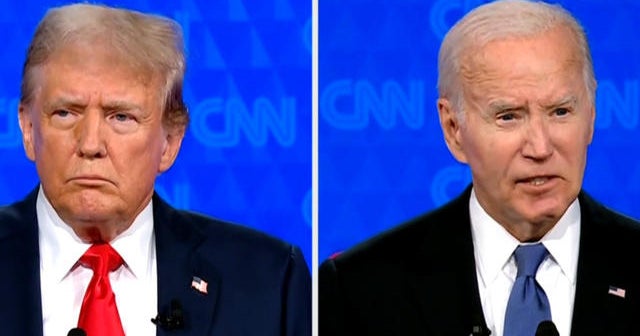

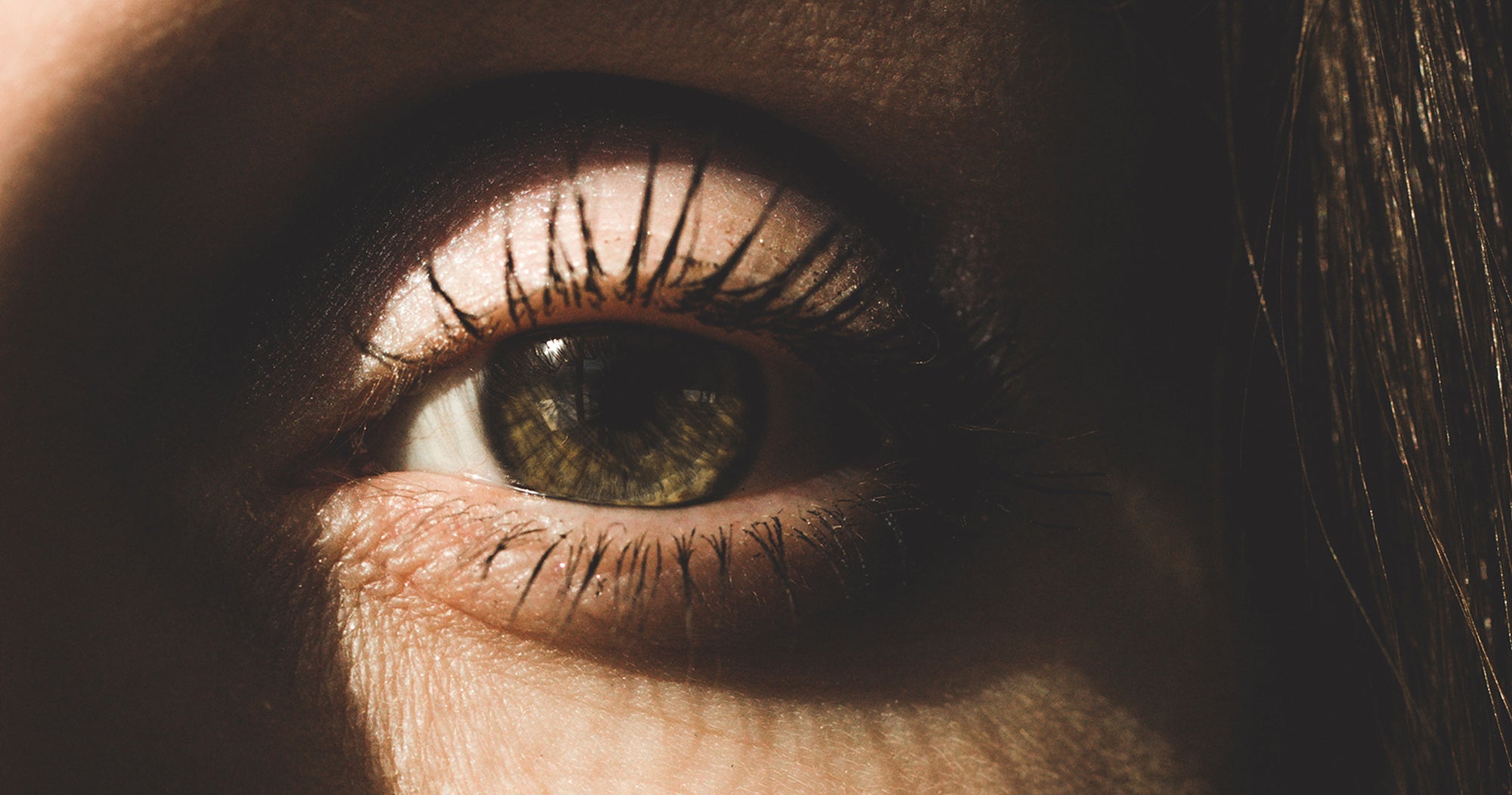
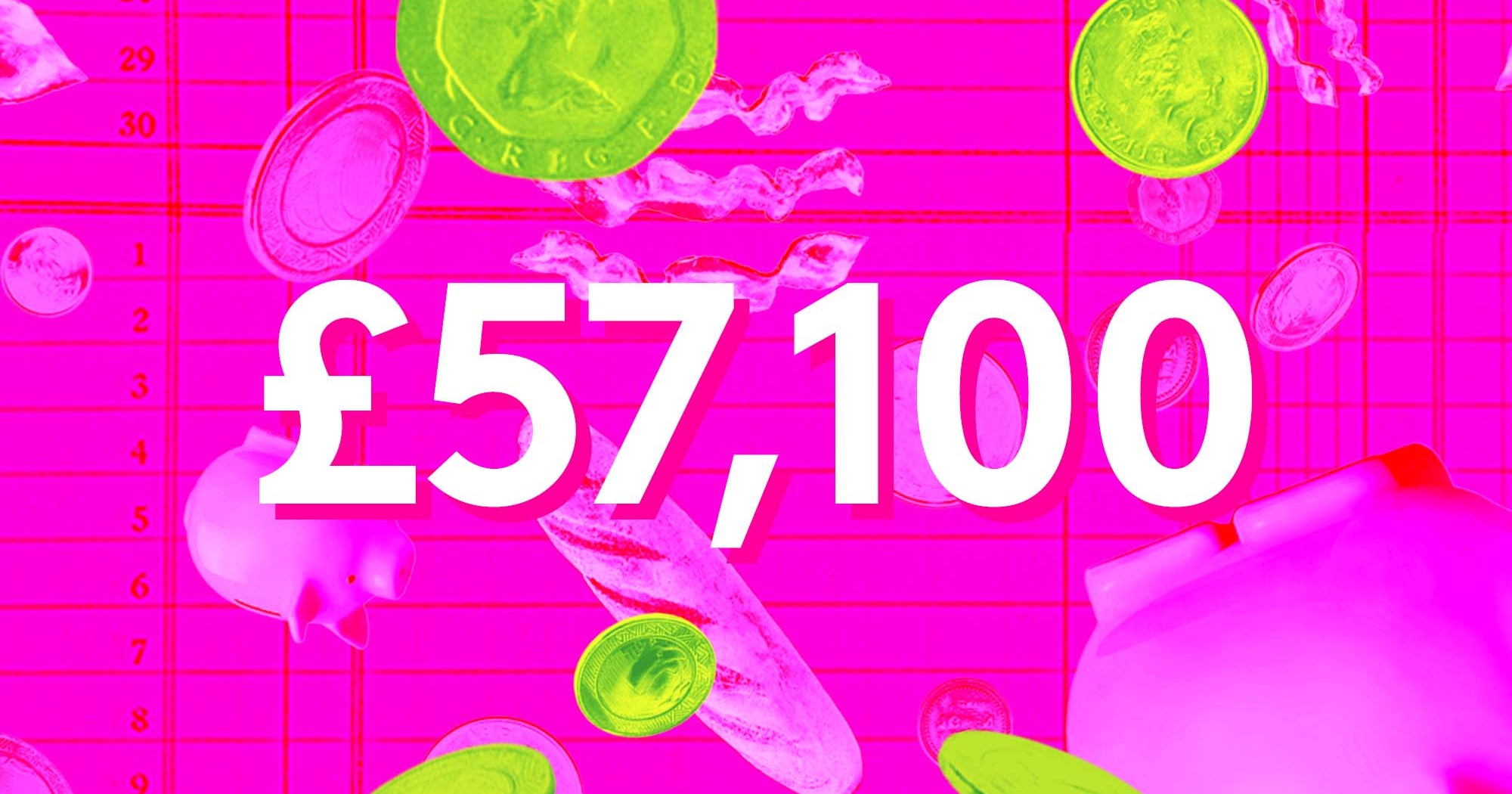





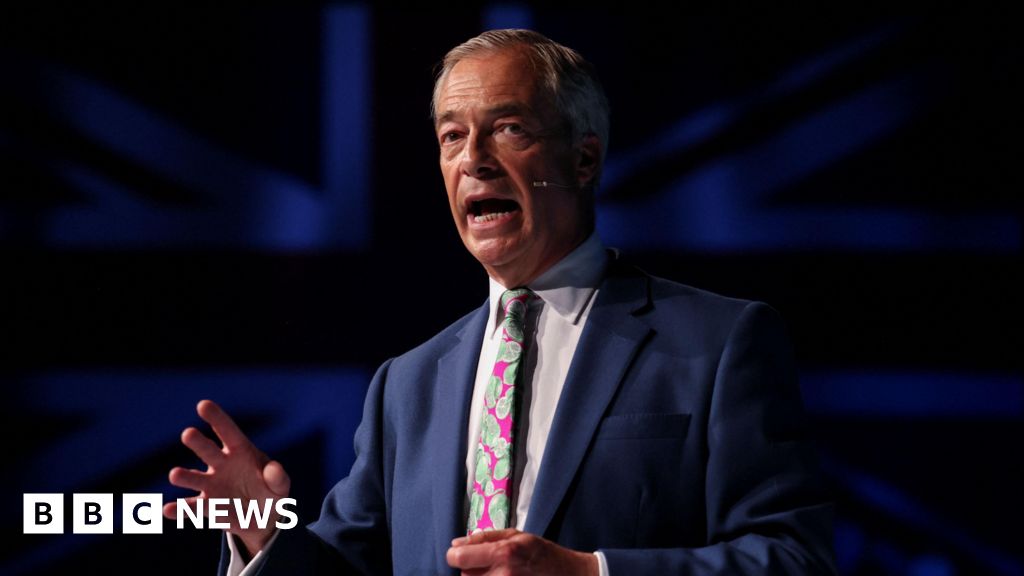
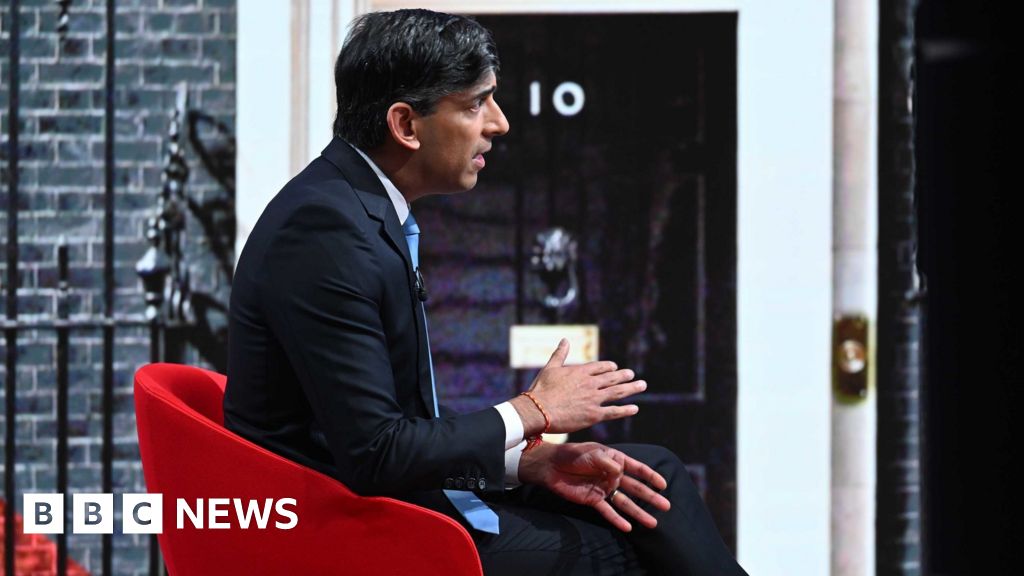
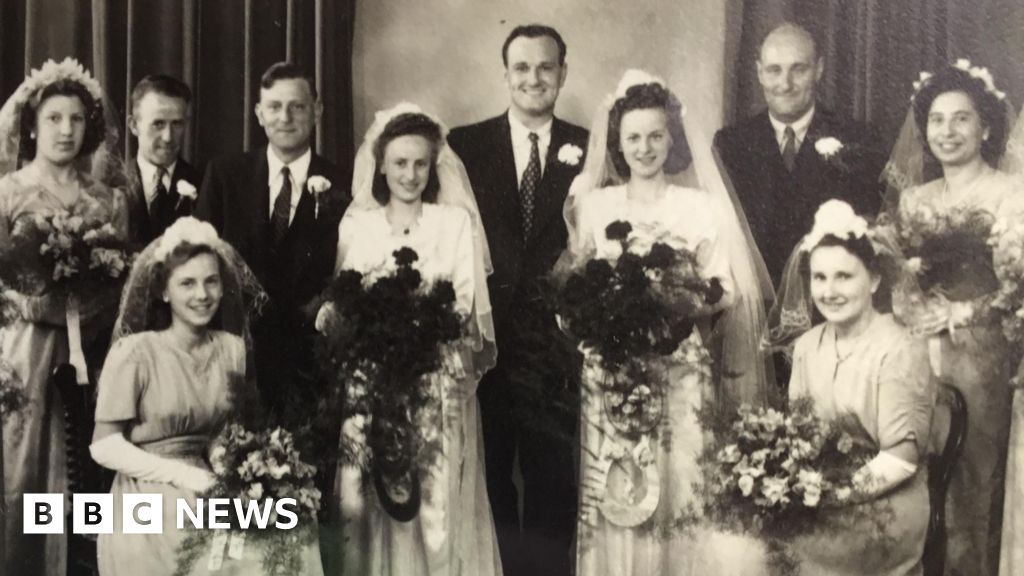





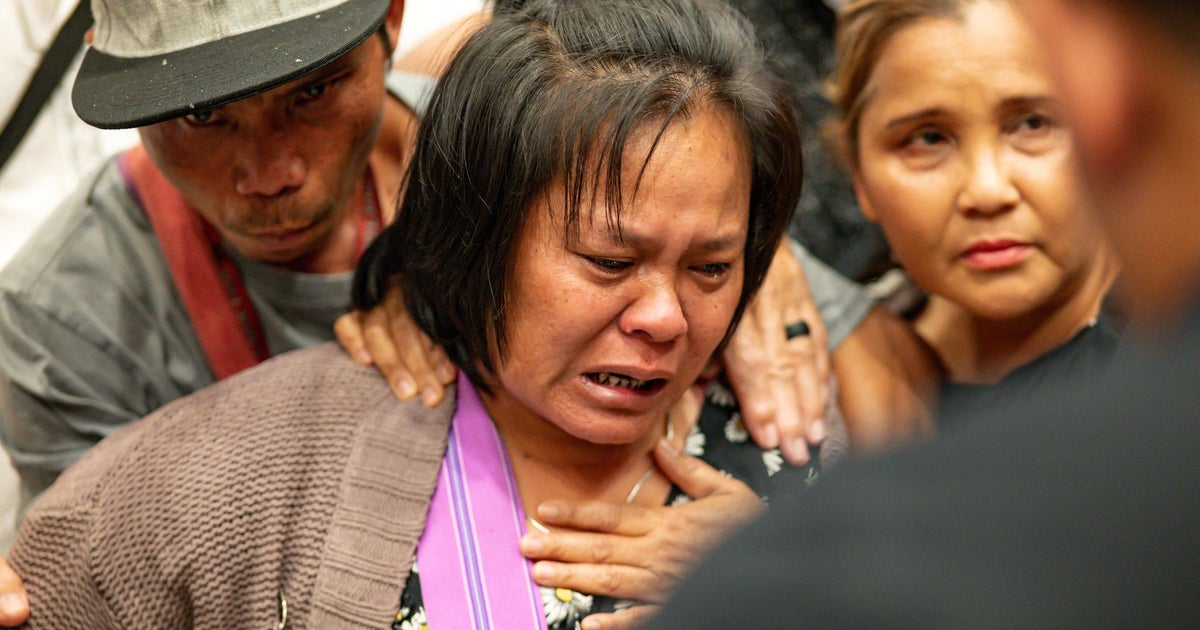

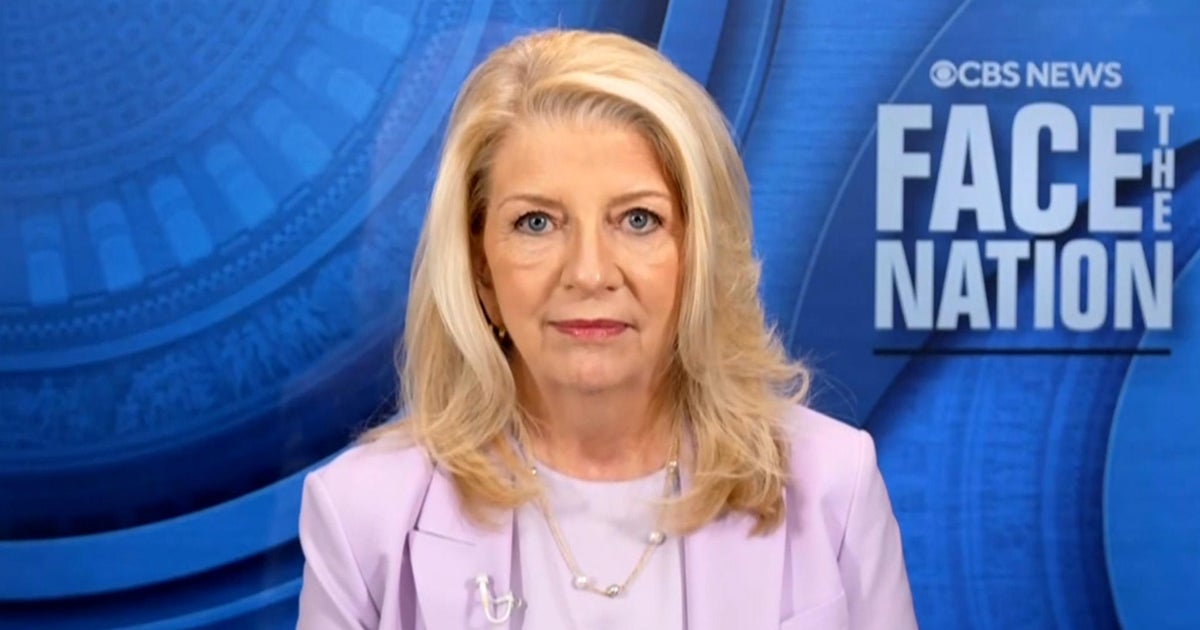


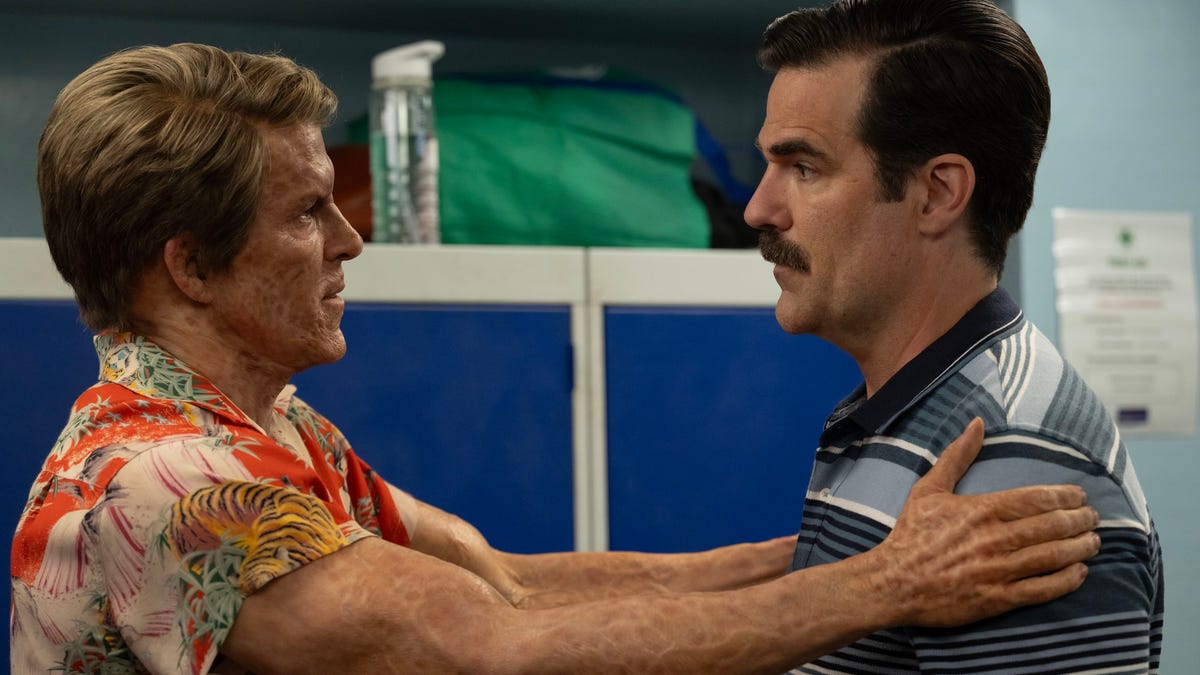


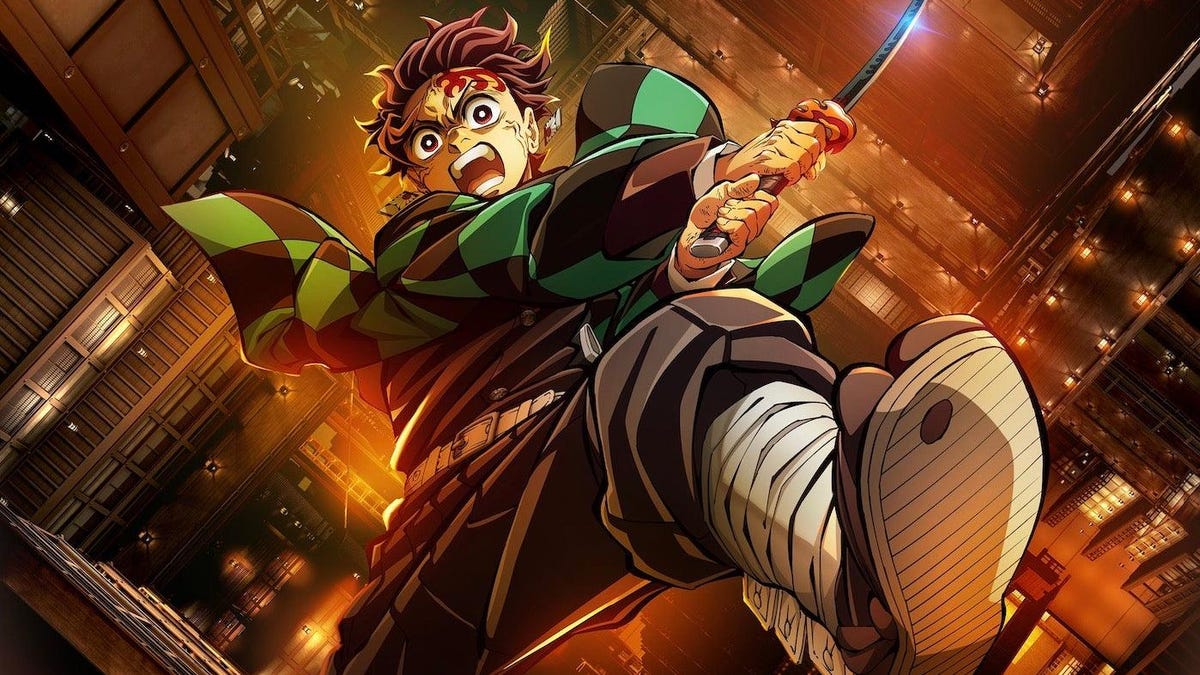
/cdn.vox-cdn.com/uploads/chorus_asset/file/24401977/STK071_ACastro_apple_0001.jpg)


